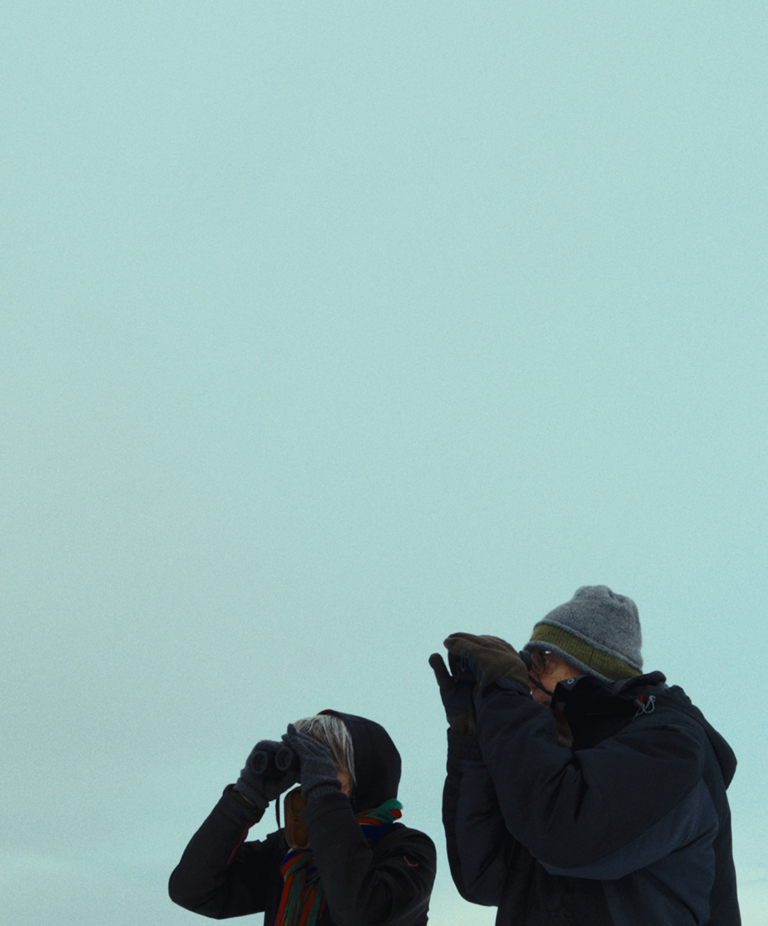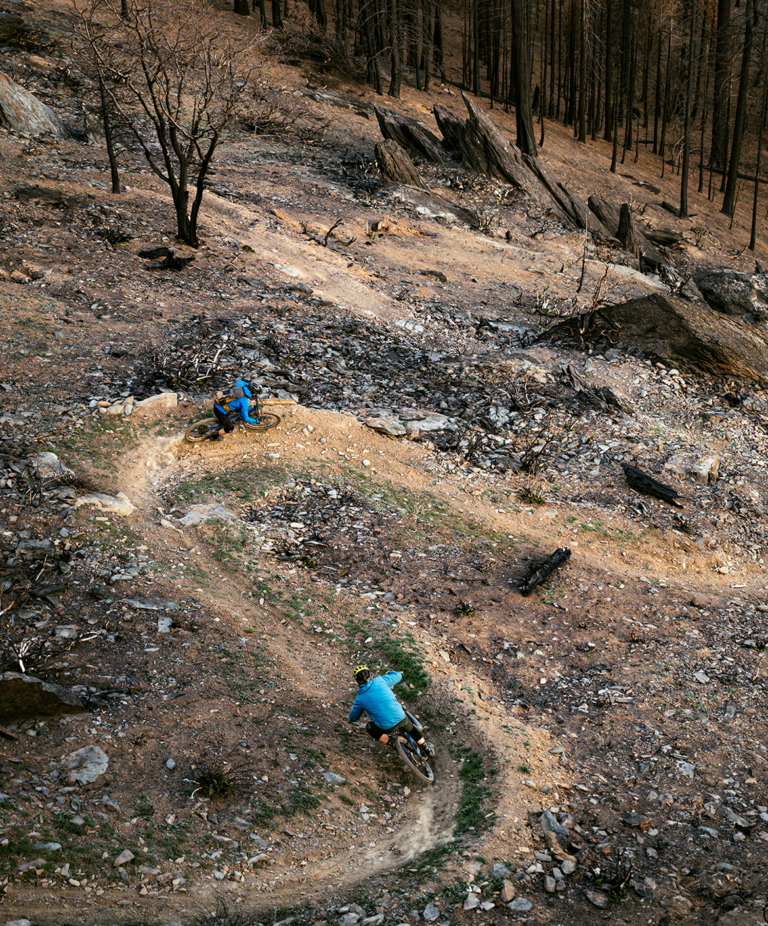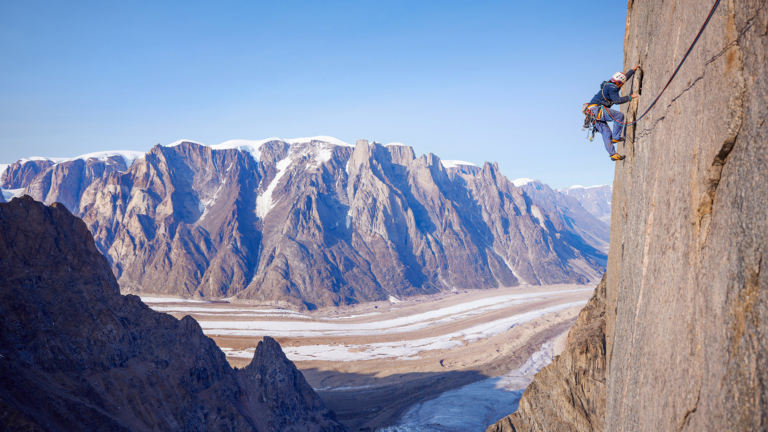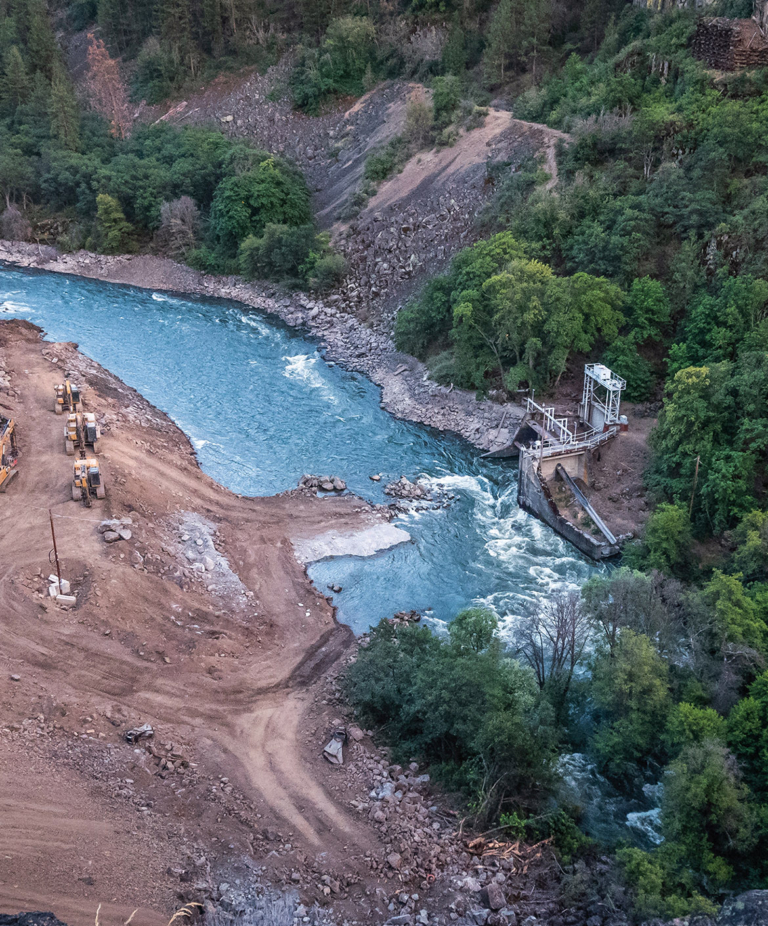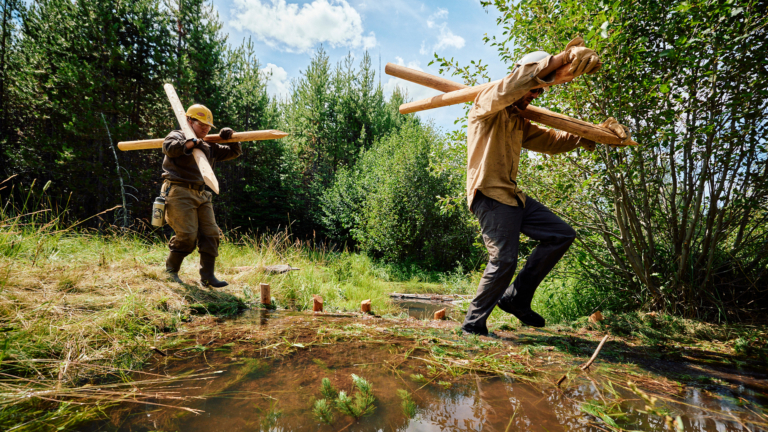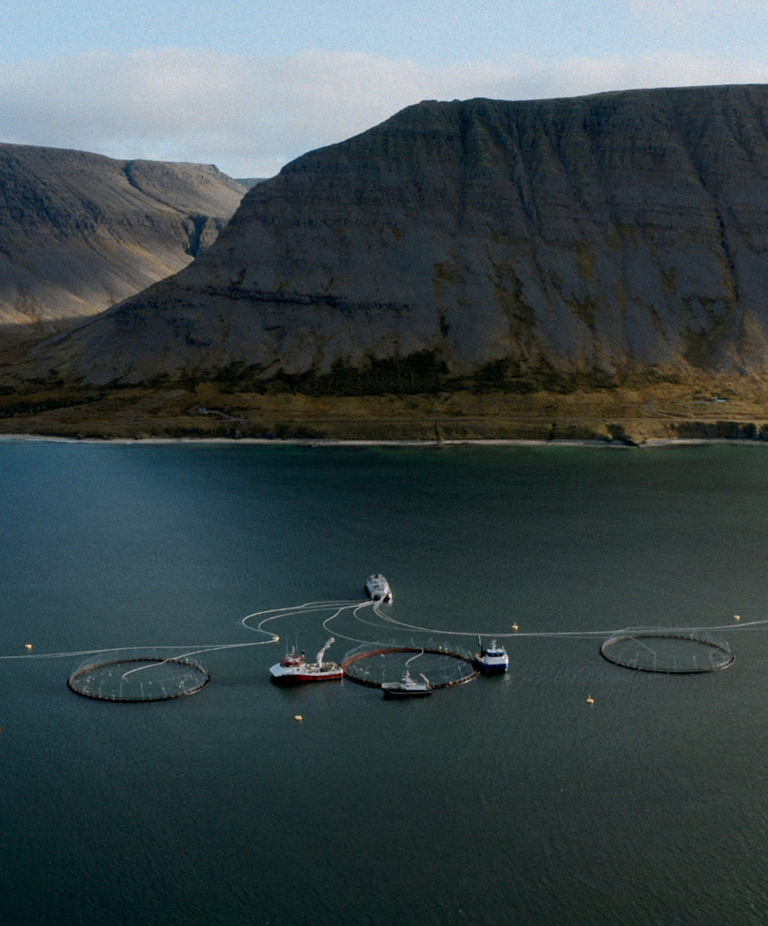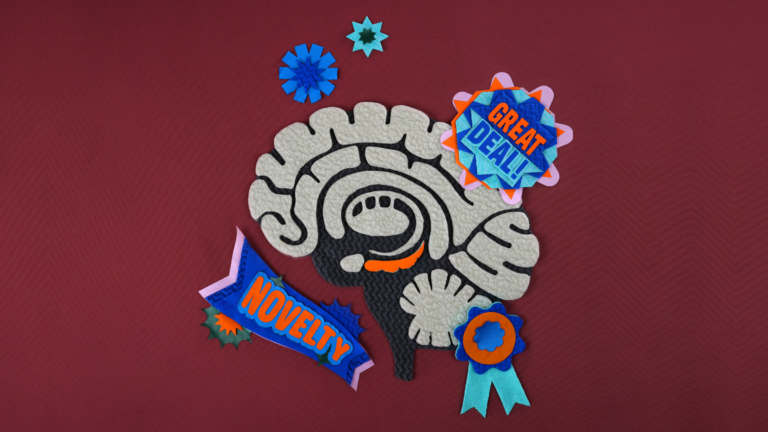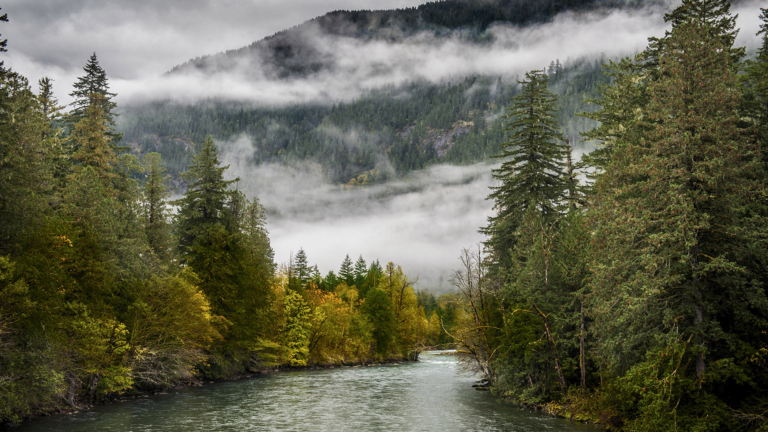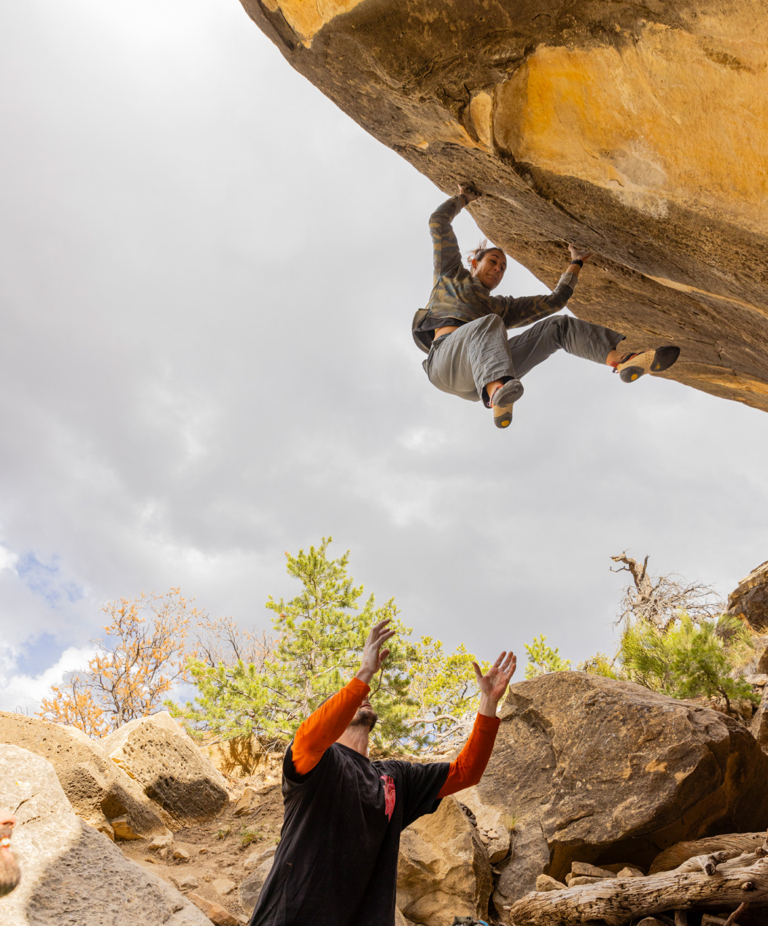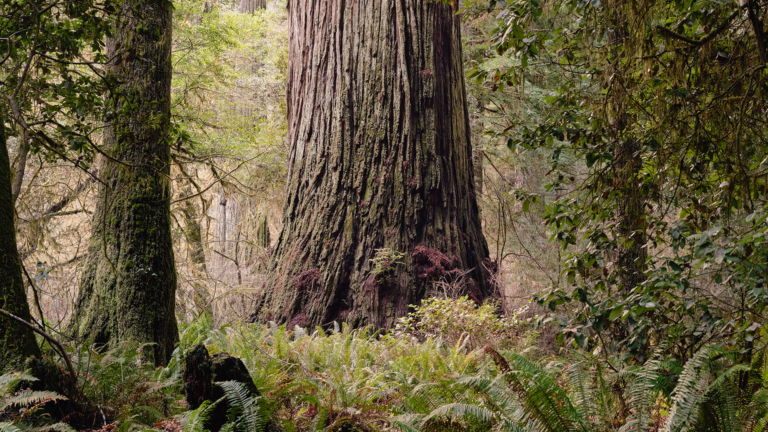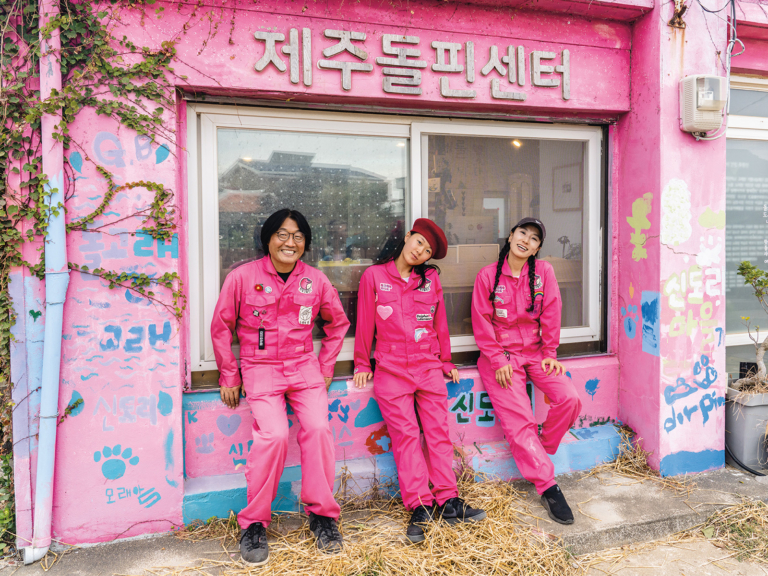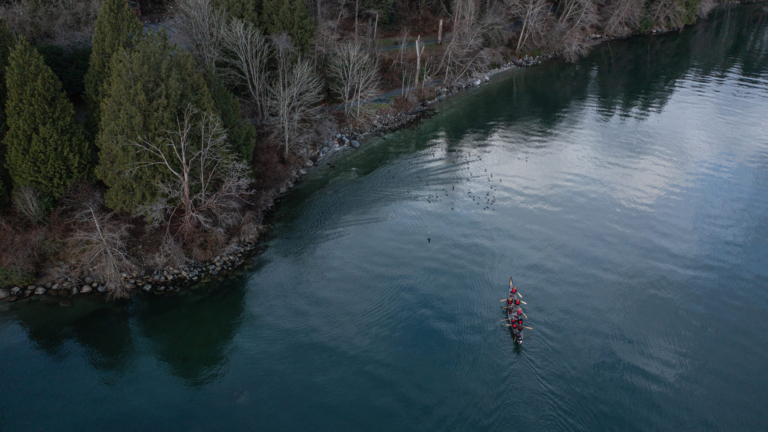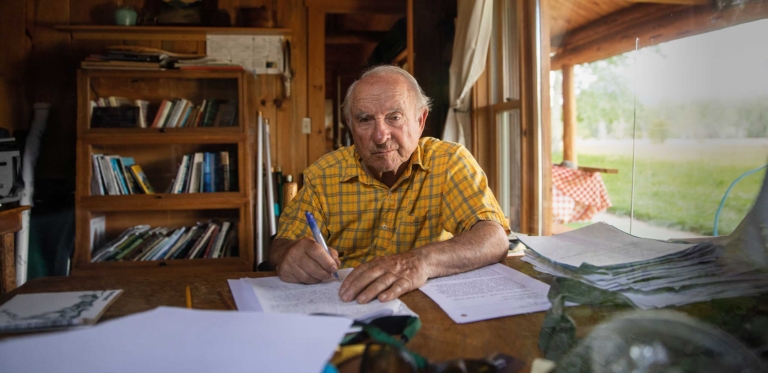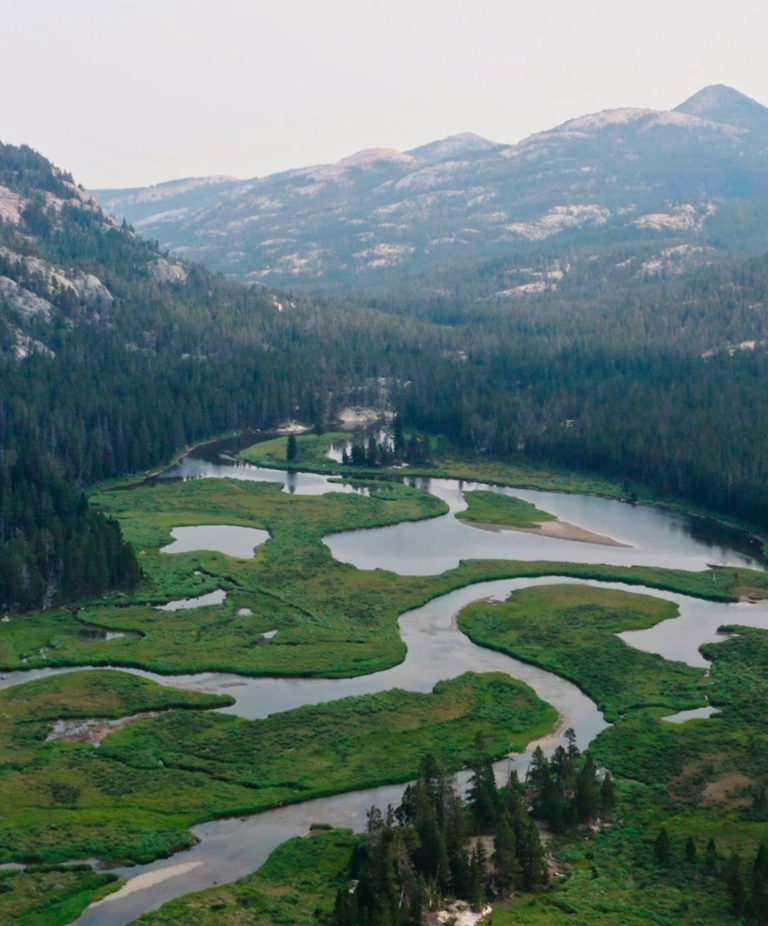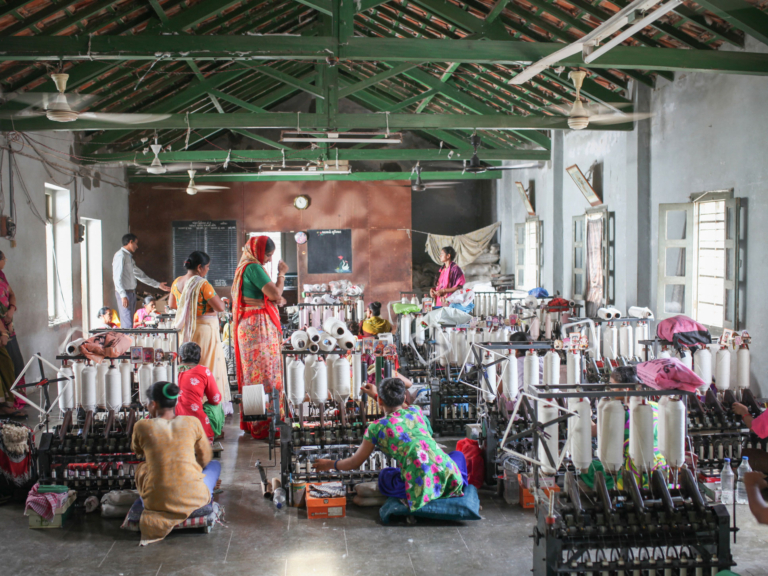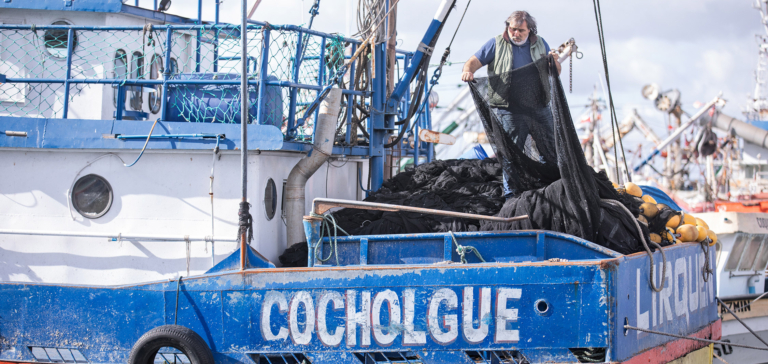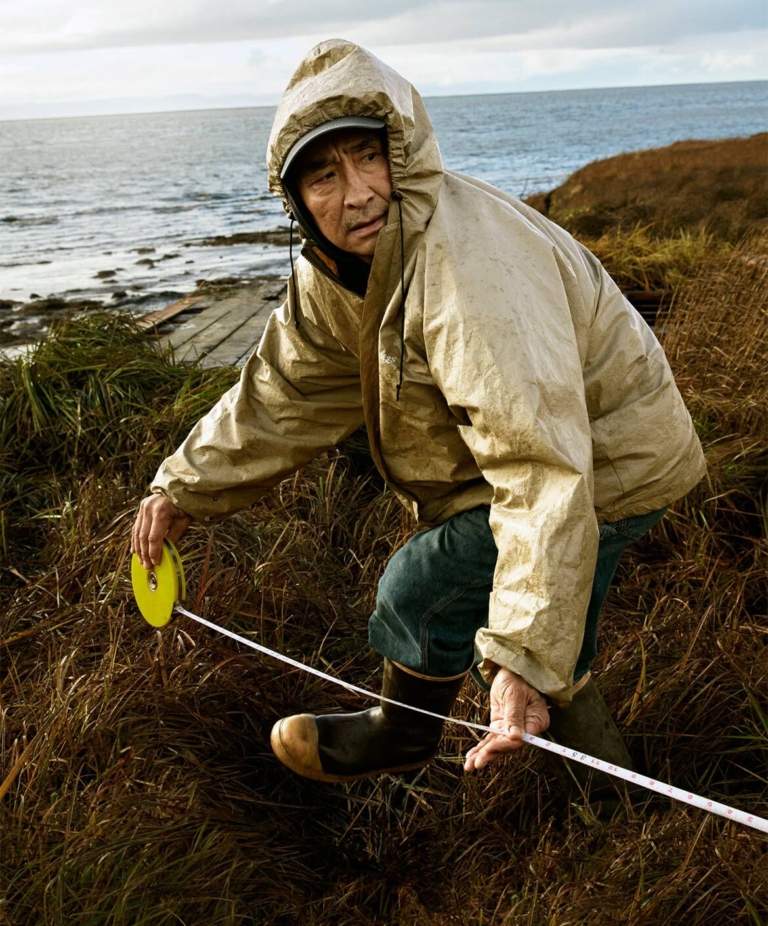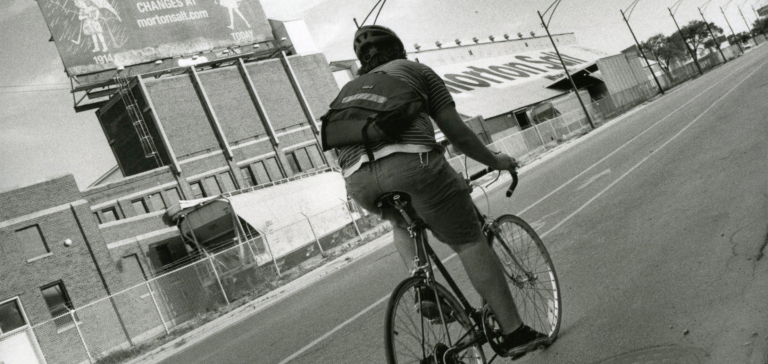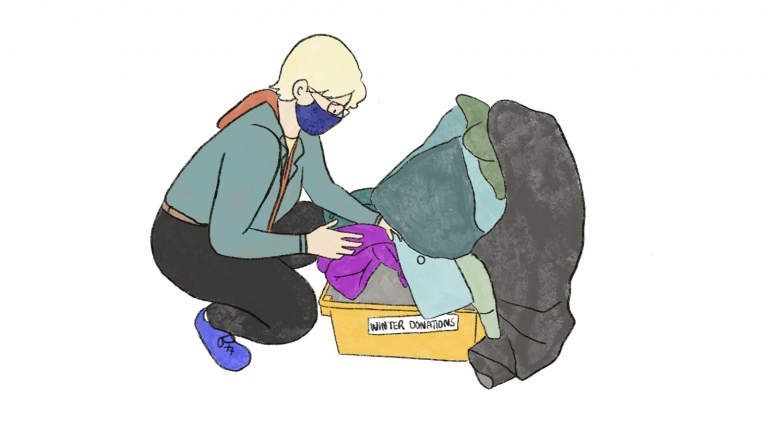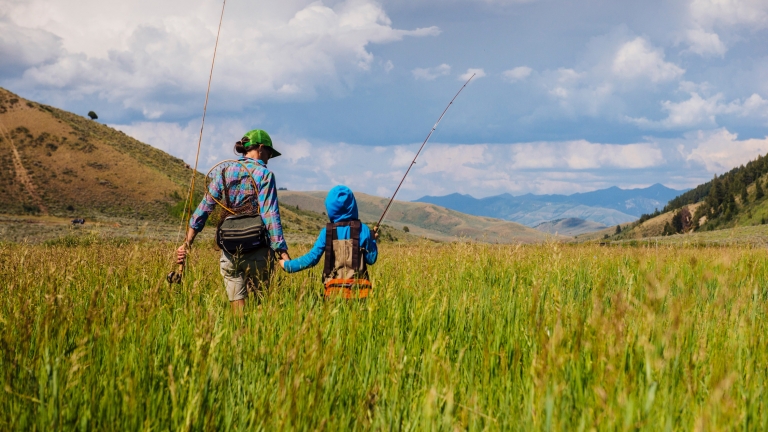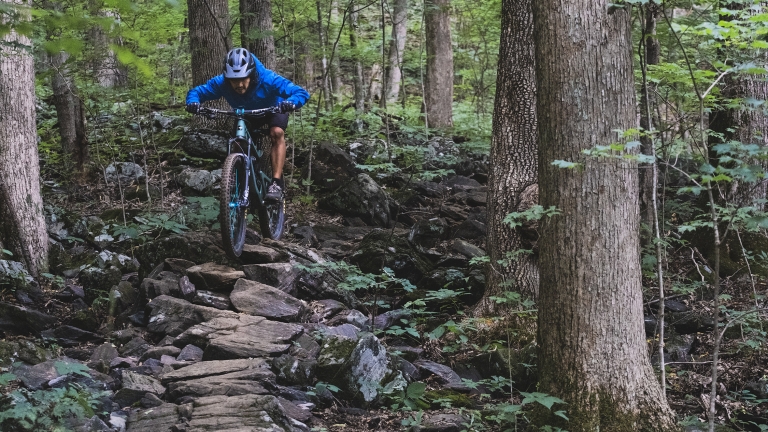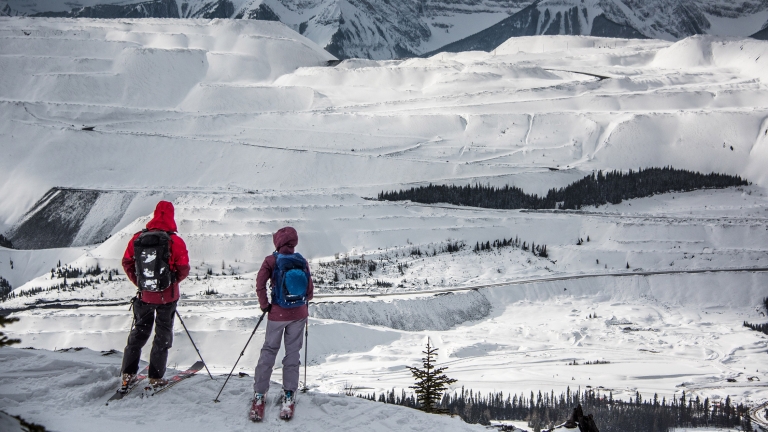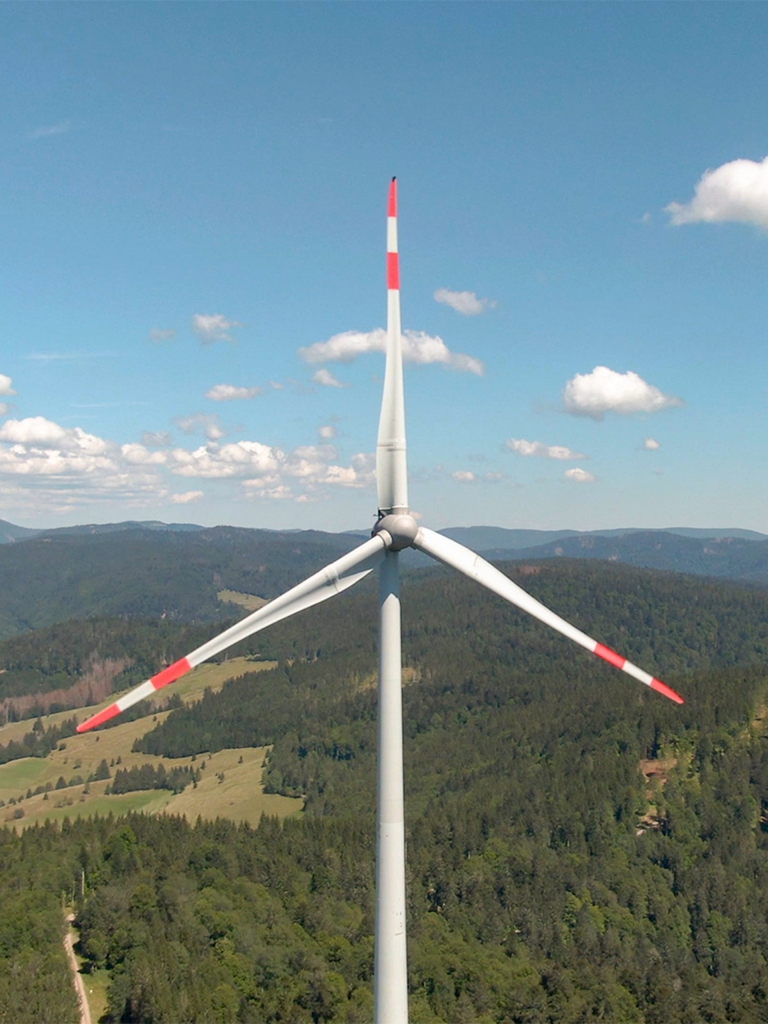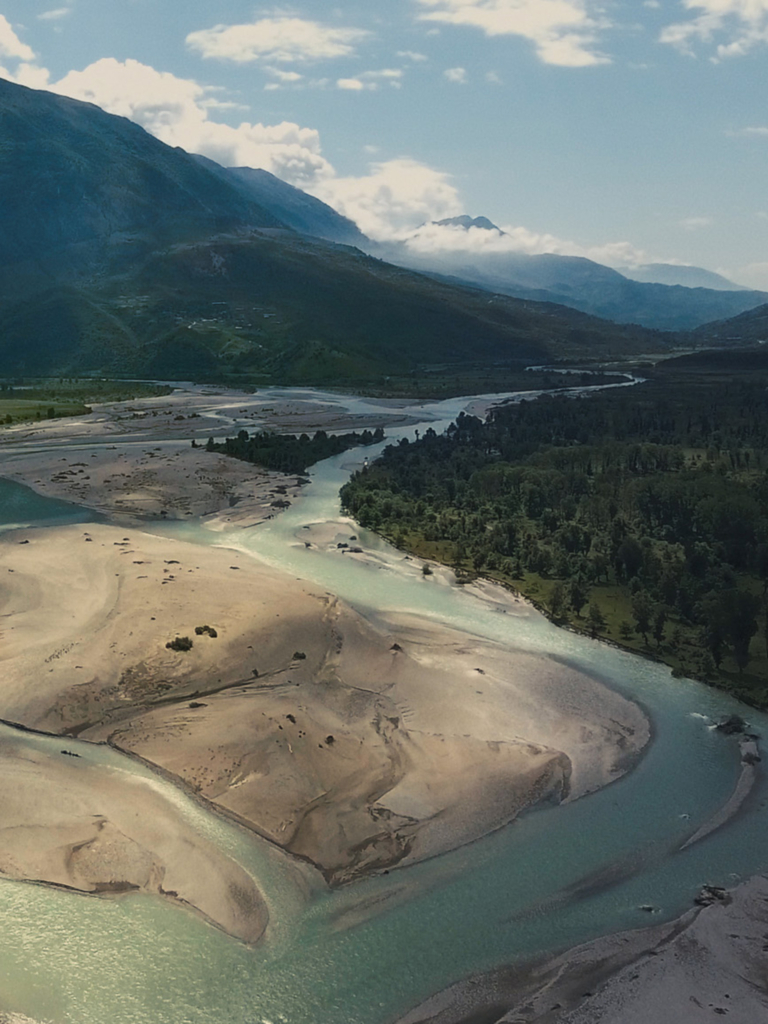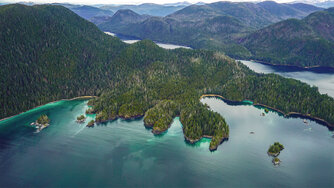
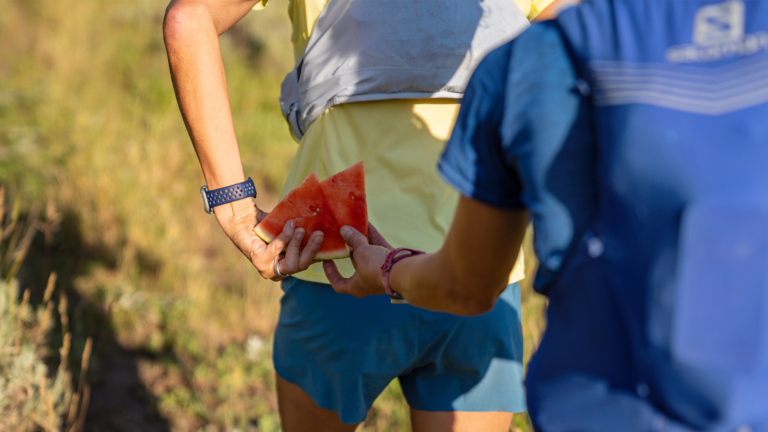
One runner gets her fix helping others chase their dreams, again and again.
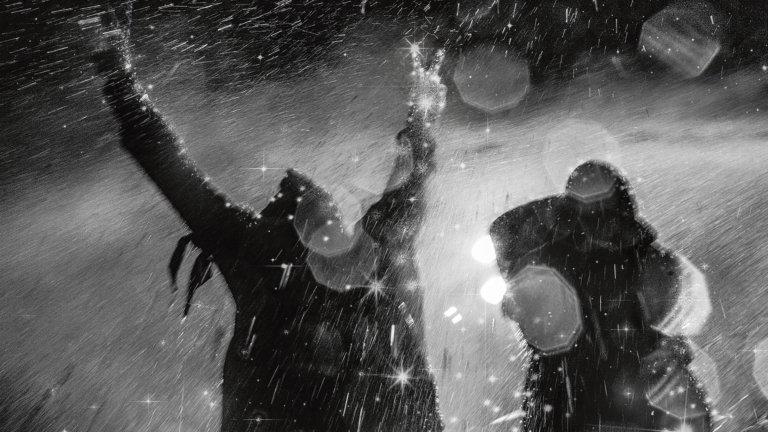
Protest works. That’s why it’s under attack.

In Trump’s second term, environmental lawyers are getting more strategic—and assertive.
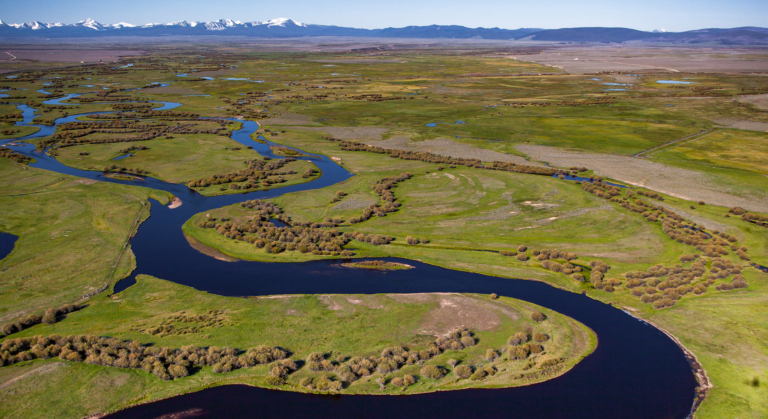
Wild trout populations in Southwest Montana have collapsed. Save Wild Trout says enough is enough.
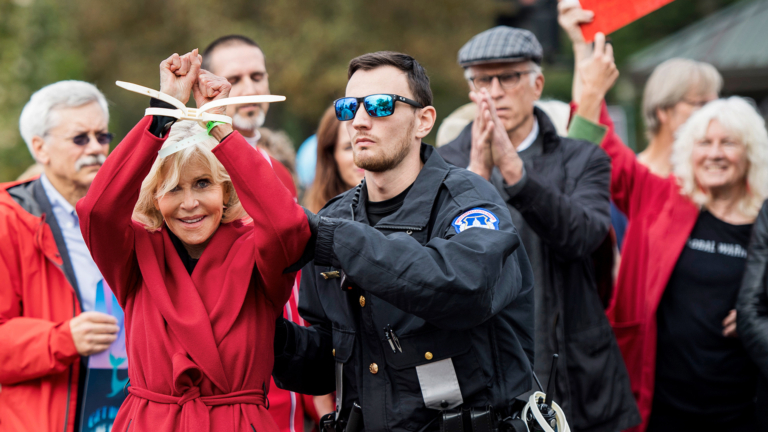
I’ve been angry at politicians for as long as I’ve been an activist. Here’s why I still vote.
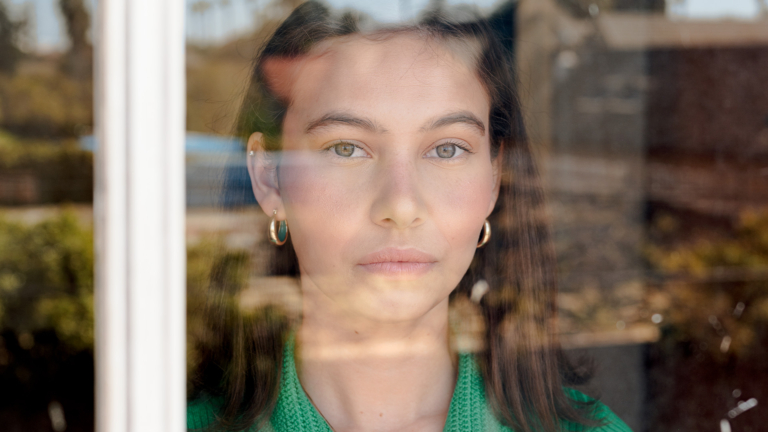
Will you vote for climate action this November or wait until your own life is at risk?
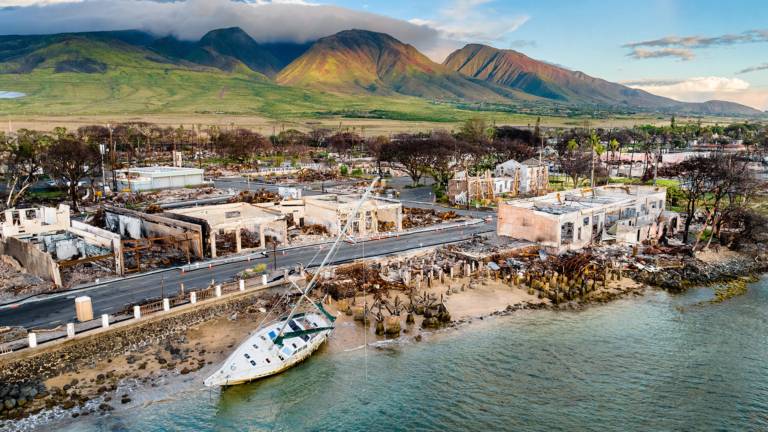
After a devastating wildfire, the community of West Maui continues to recover and rebuild.
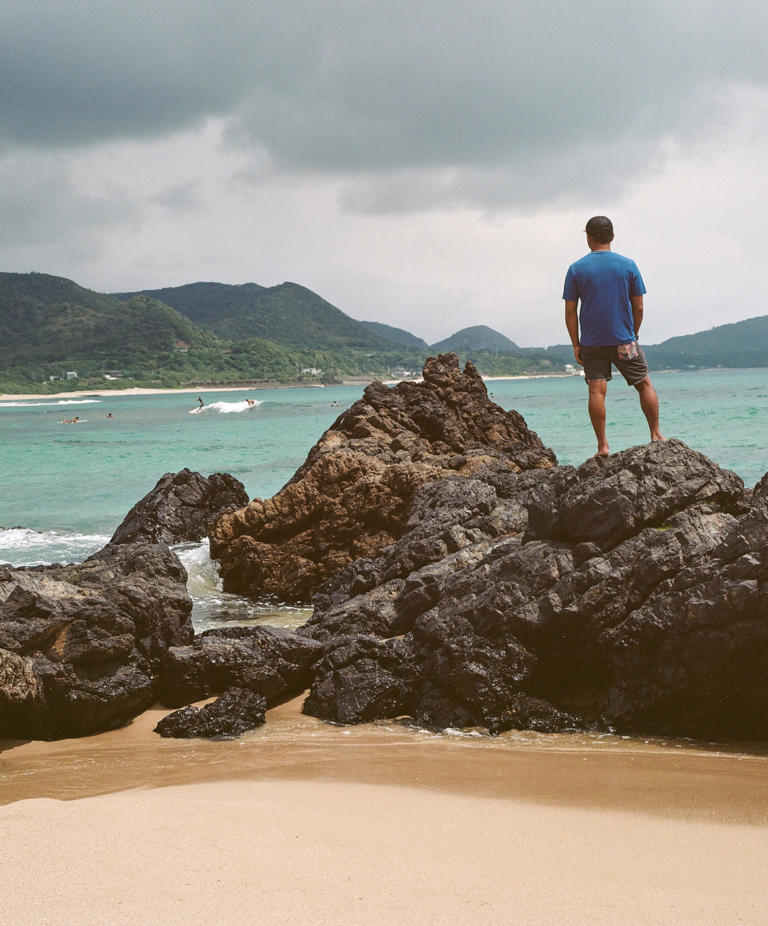
For surfer Yusei Ikariyama to save his home waters, he’ll have to first unite his community.
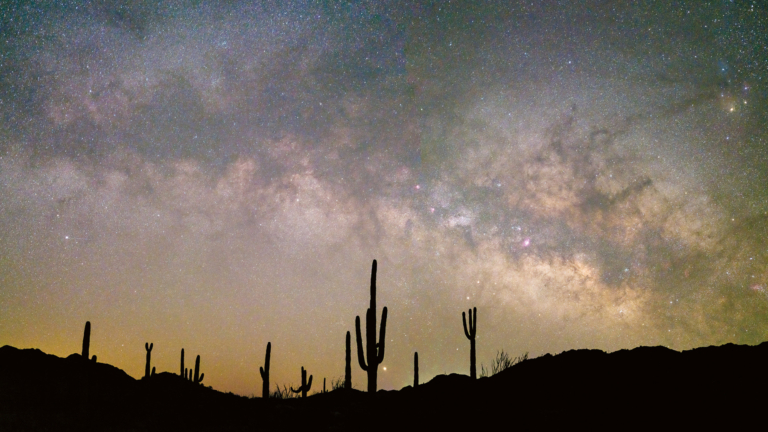
The first-place essay from a youth writing competition we hosted with the nonprofit Write the World.
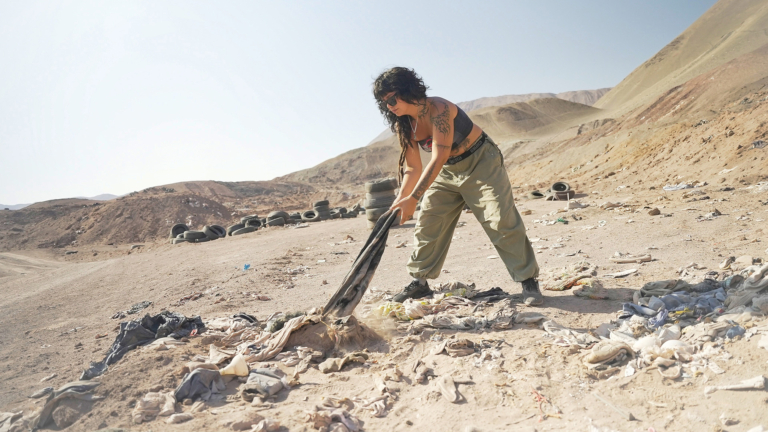
In northern Chile, a desert is being scourged by the textile industry. But a resilient community is transforming a reality of waste into opportunity.
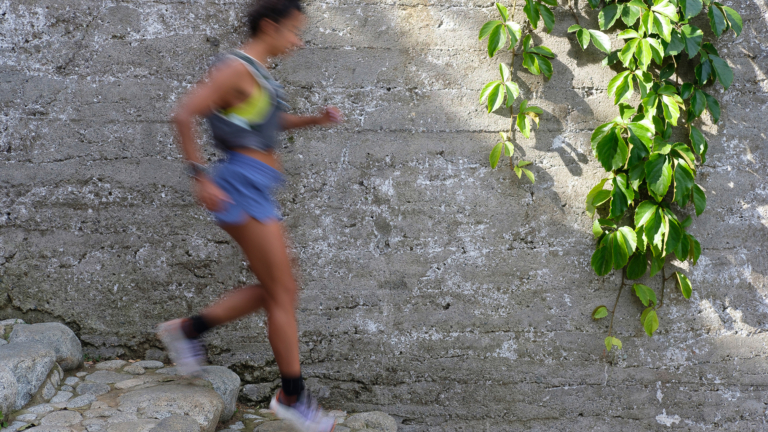
After years of trying to fit in with Western trail culture, one runner realizes that what she’s been missing lies in the Colombian mountains of her youth.
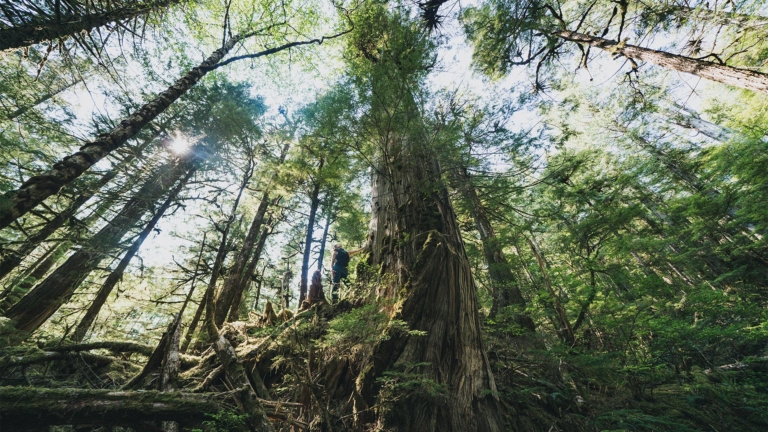
Introducing Home Planet Fund, an independent nonprofit that supports local and Indigenous communities who work in concert with nature to stop climate breakdown.
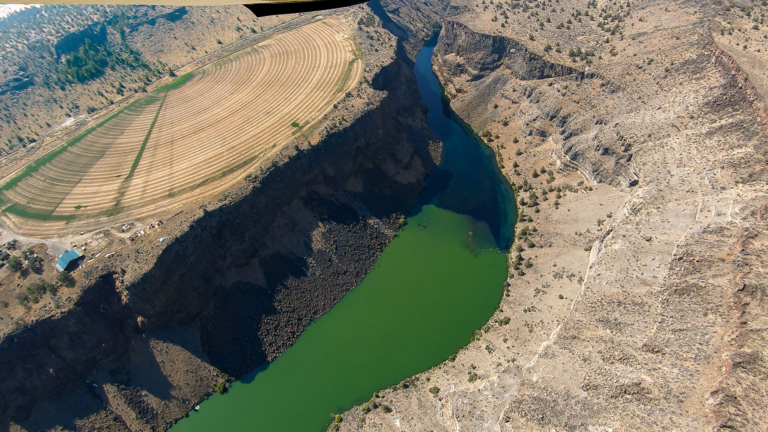
All dams are dirty. Efforts to make them better only make things worse.
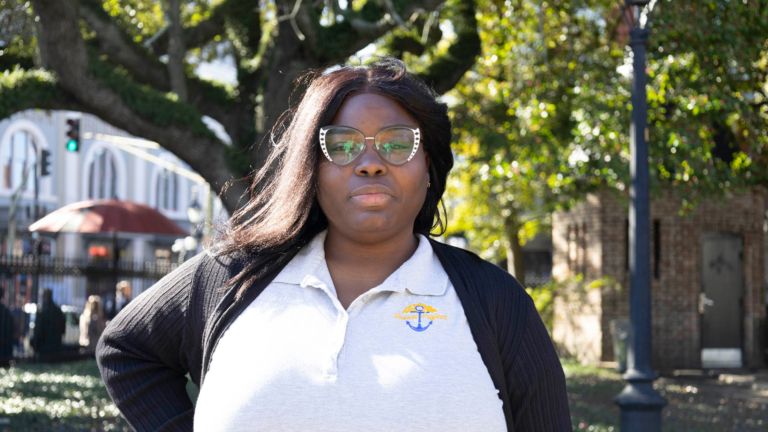
Louisiana community organizer Roishetta Ozane on her fight to stop the biggest fossil fuel expansion on earth and how mutual aid can play a part.

Meet the man working to save Mexico’s Punta Conejo.
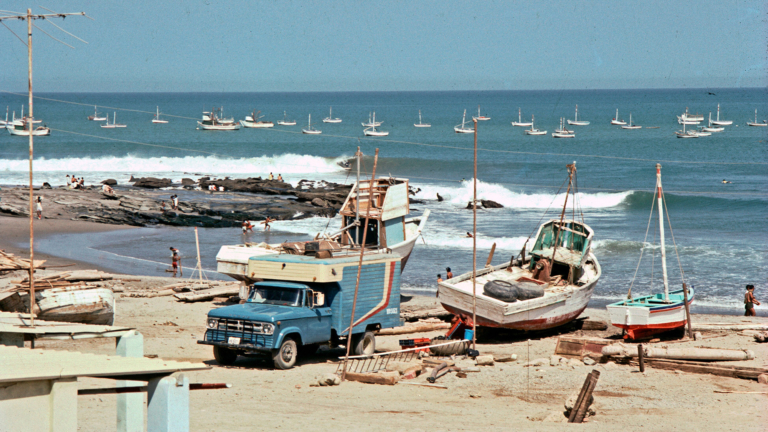
A friendship built between waves becomes a powerful alliance for the protection of surf breaks.
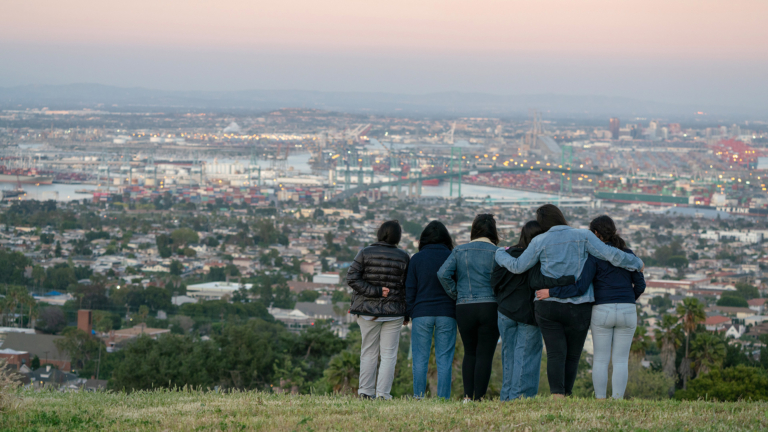
Our next fight against Big Oil is for basic human rights.
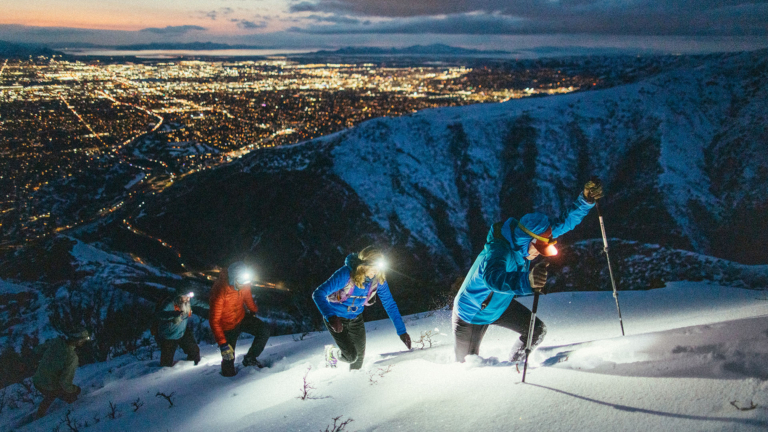
Running Up For Air is not a race. It’s a community, a gathering of friends and a fundraiser for clean-air advocacy.
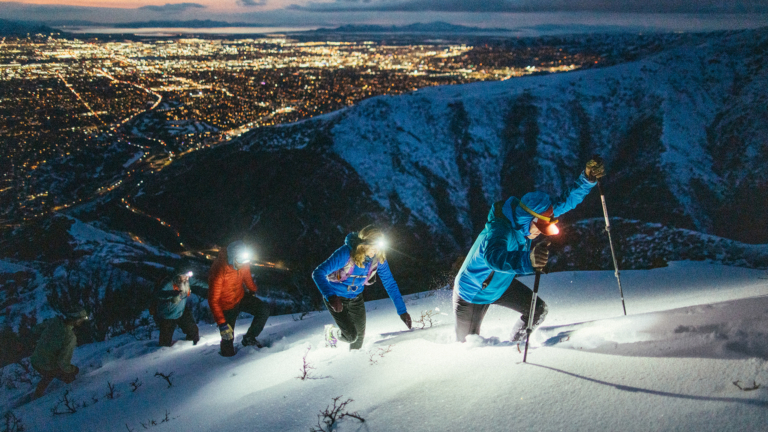
In the face of declining air quality, a community of runners rises up.
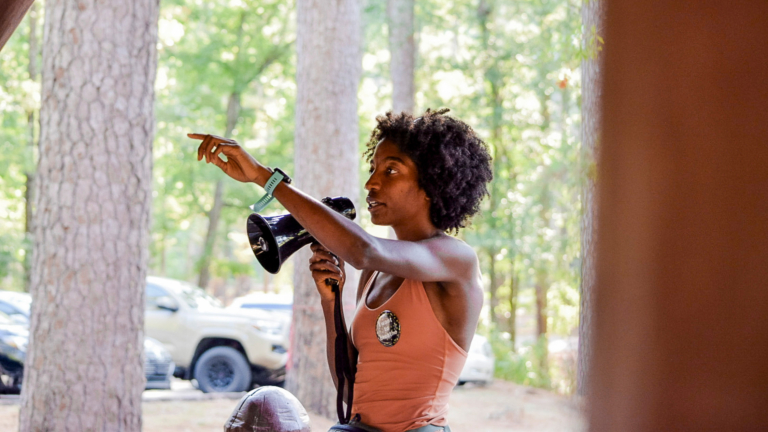
Running won’t solve the issue of wood pellet biomass pollution. But it can ignite community and conversation—and that’s a start.
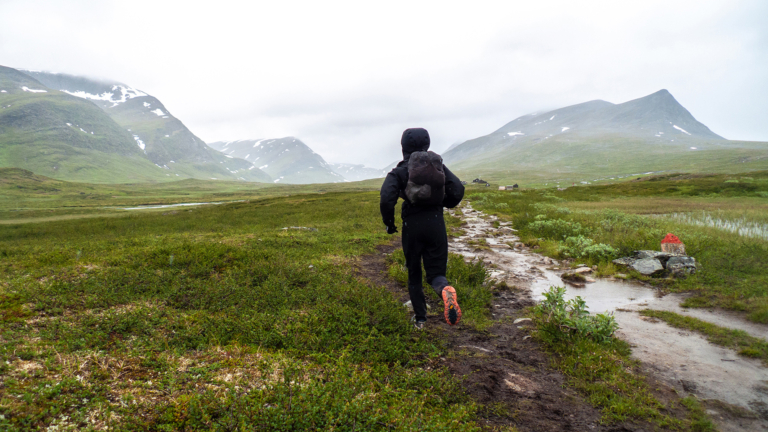
A Patagonia advanced R&D designer takes to the Swedish alpine to test out a new pack prototype—and a bold idea for rethinking multiday trail travel.
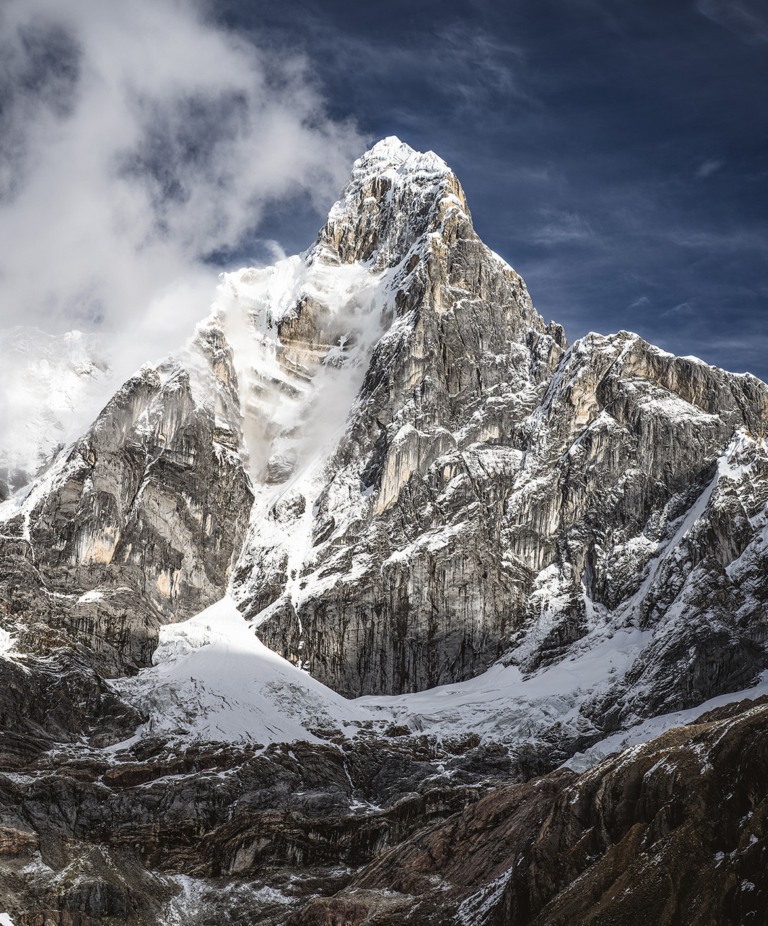
Josh Wharton knows how to evaluate risk as an alpinist. How does fatherhood change the equation?
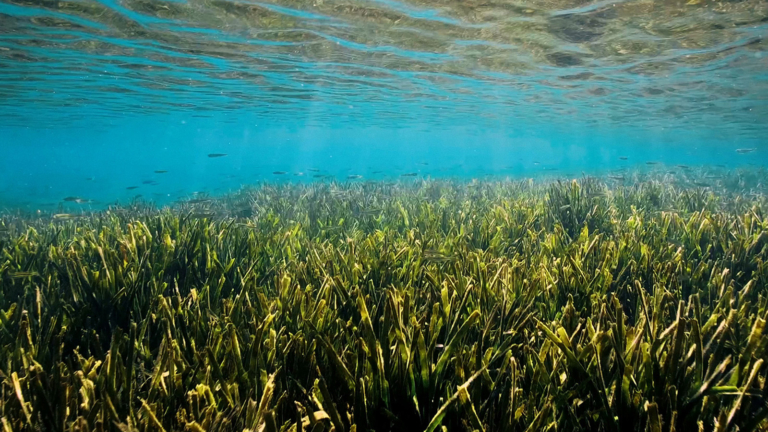
Since we first learned of the role we play in the spread of microfiber pollution in 2015, Patagonia has actively searched for partners to help end—or at least seriously curtail—the spread of synthetic fiber waste into the air and water. We’ve long been familiar with the microplastics problem—the breakdown of plastic bottles, yogurt cups and…
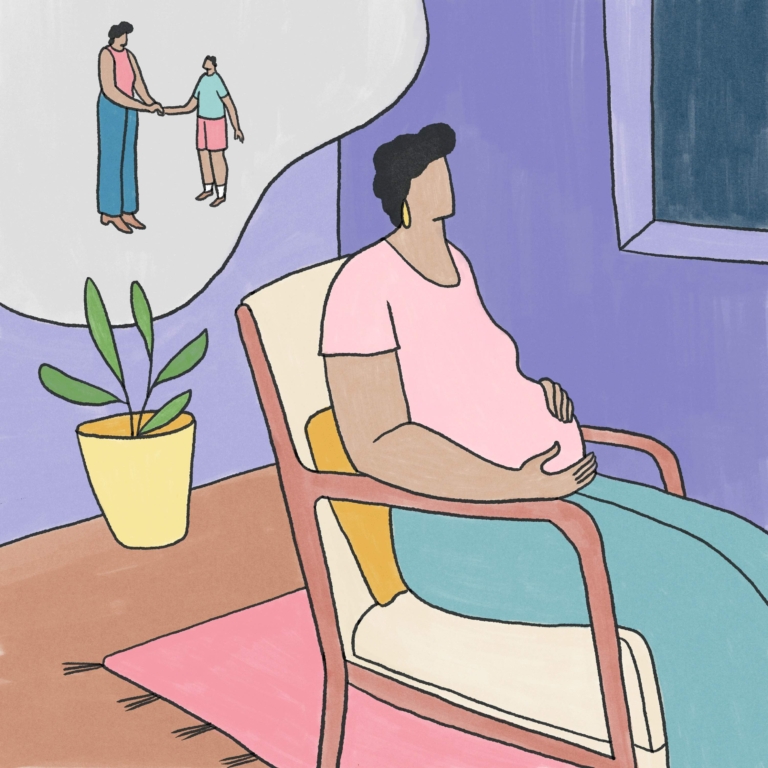
Climate and sustainability journalist Yessenia Funes writes to her future child—the one she hopes to have and has been afraid of bringing into our world.
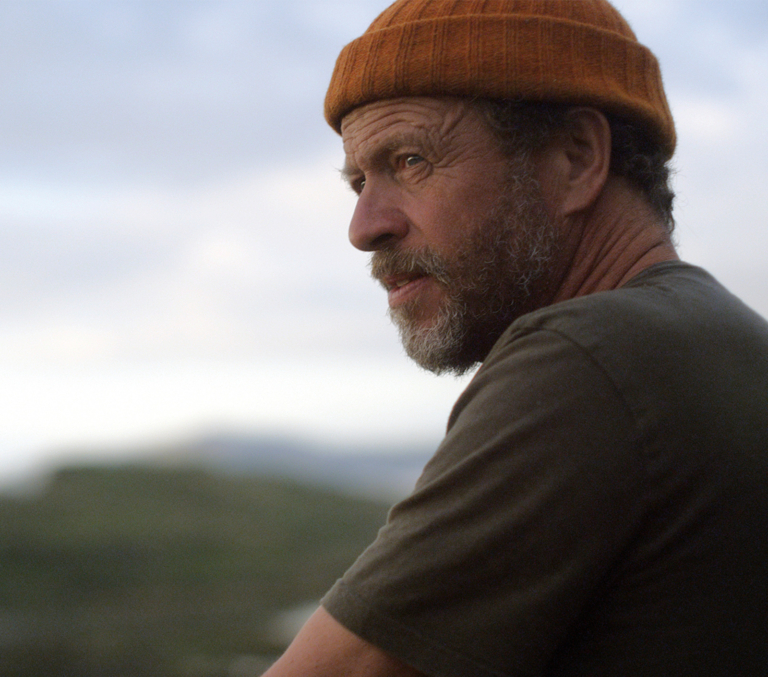
When the fish stop flourishing, a few local Scots take matters into their own hands, one seagrass bed at a time.
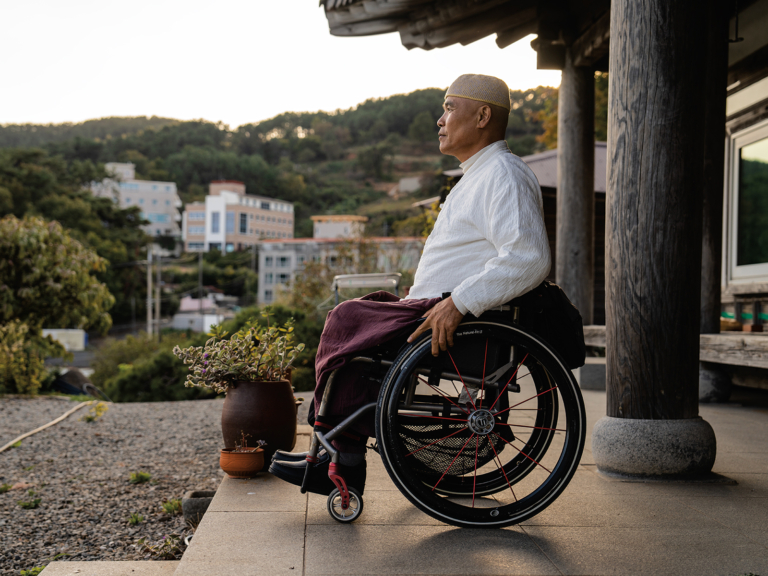
Saving South Korea’s forgotten underwater forests isn’t just a commitment. For Mr. Ji, it’s a calling.
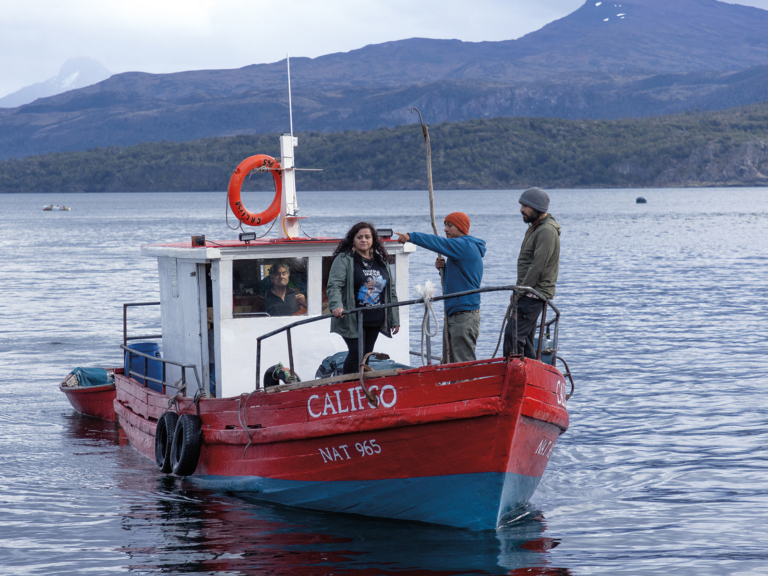
Ramón Navarro joins the Kawésqar community on a journey to protect their ancestral waters in Chilean Patagonia.
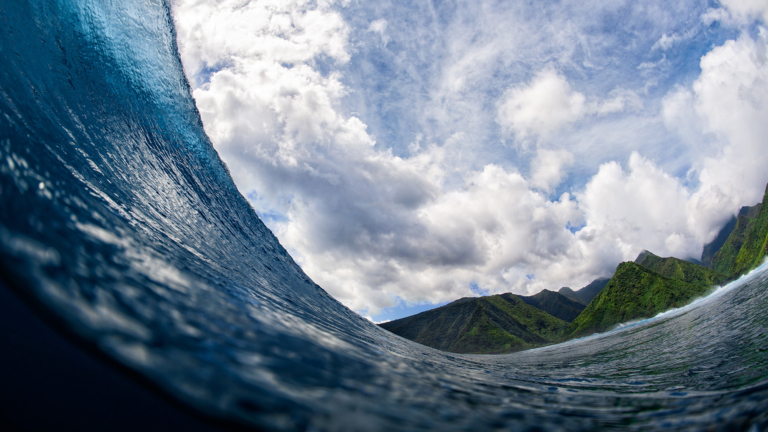
Trying to address the climate crisis without the ocean will not work.
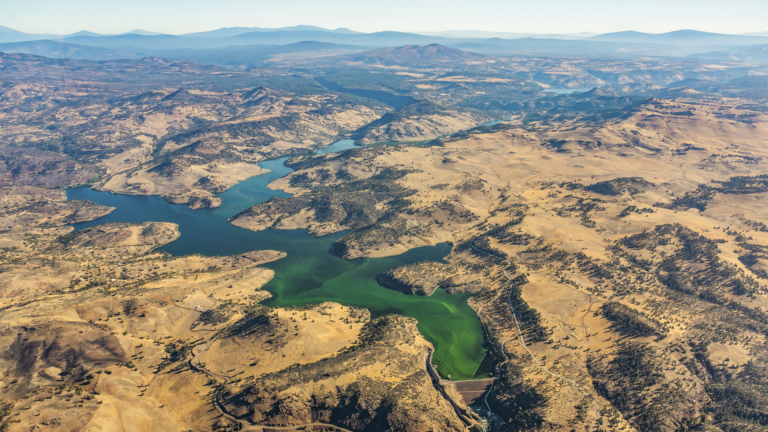
An excerpt from Steven Hawley’s book about dirty dams—and their methane problem.
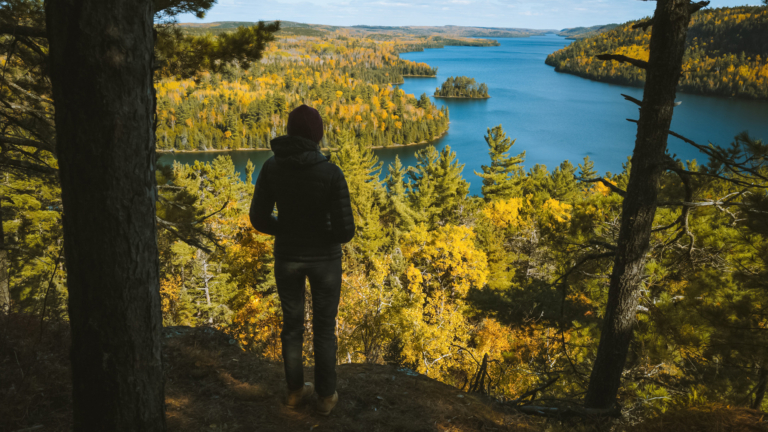
A Patagonia employee celebrates a huge environmental win for his beloved home waters.
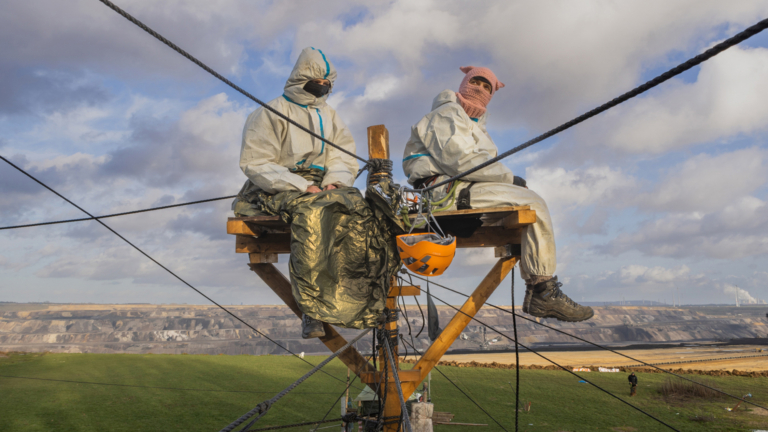
Even when the demands of a protest are not met, it can have lasting, immeasurable consequences.
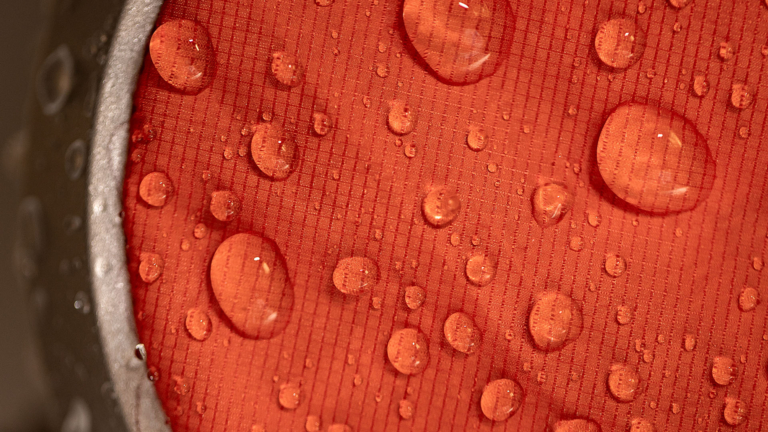
Perfluorinated chemicals, or PFAS, made for great waterproofing but are also a lasting, pervasive threat to our health. That’s why we spent nearly 15 years finding a way to make our gear without them that didn't compromise performance. For Spring 2025 and beyond, all our new styles are made without intentionally added PFAS.
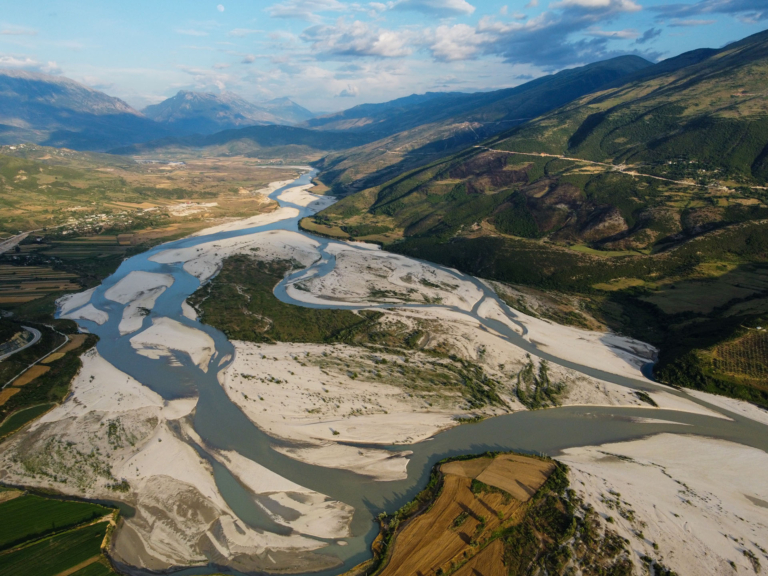
Albania’s untamed Vjosa River introduces a new model for global water conservation.
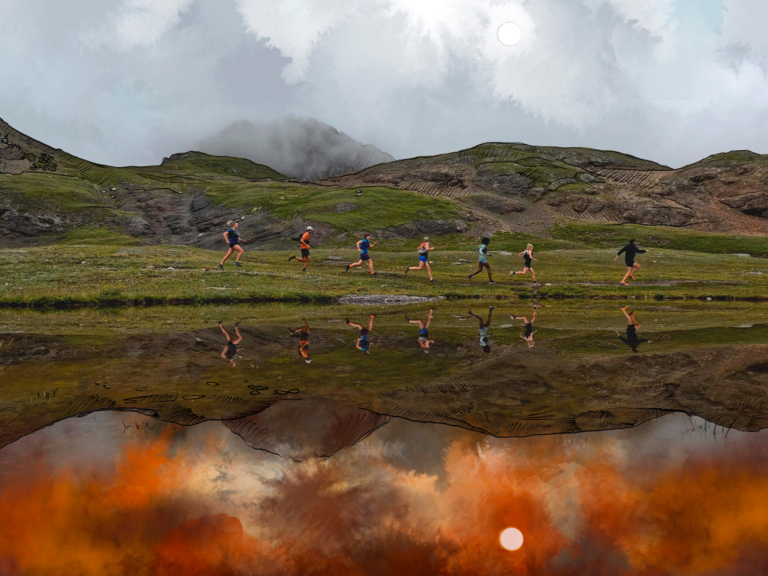
Footprints Running Camp is as much about finding solutions to the climate crisis as it is about running.
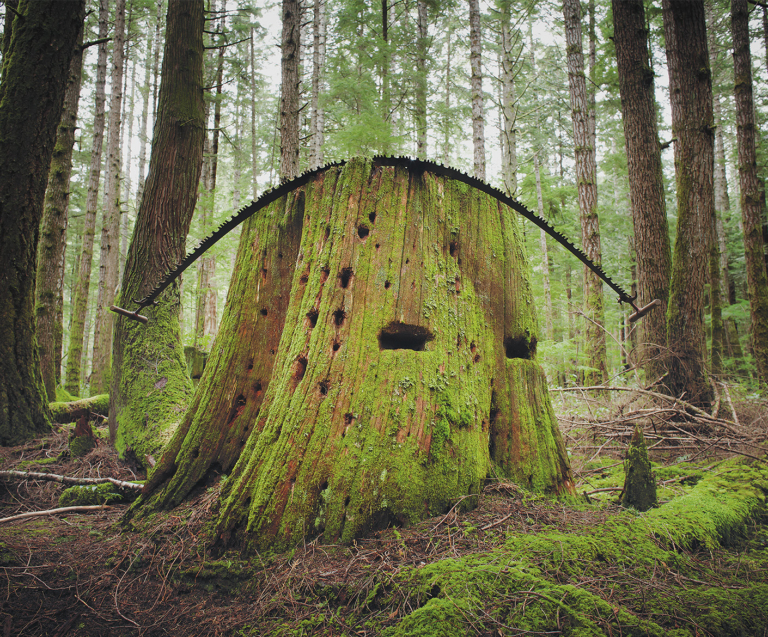
An excerpt from Patagonia’s republished version of A Forest Journey, about what the loss of trees has meant for past life on our planet.
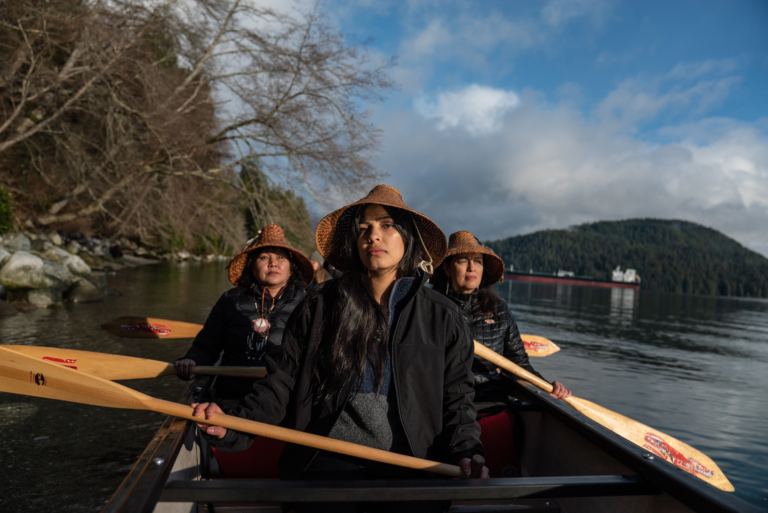
Patagonia and Pop-Up Magazine Productions present a series about knowledge.
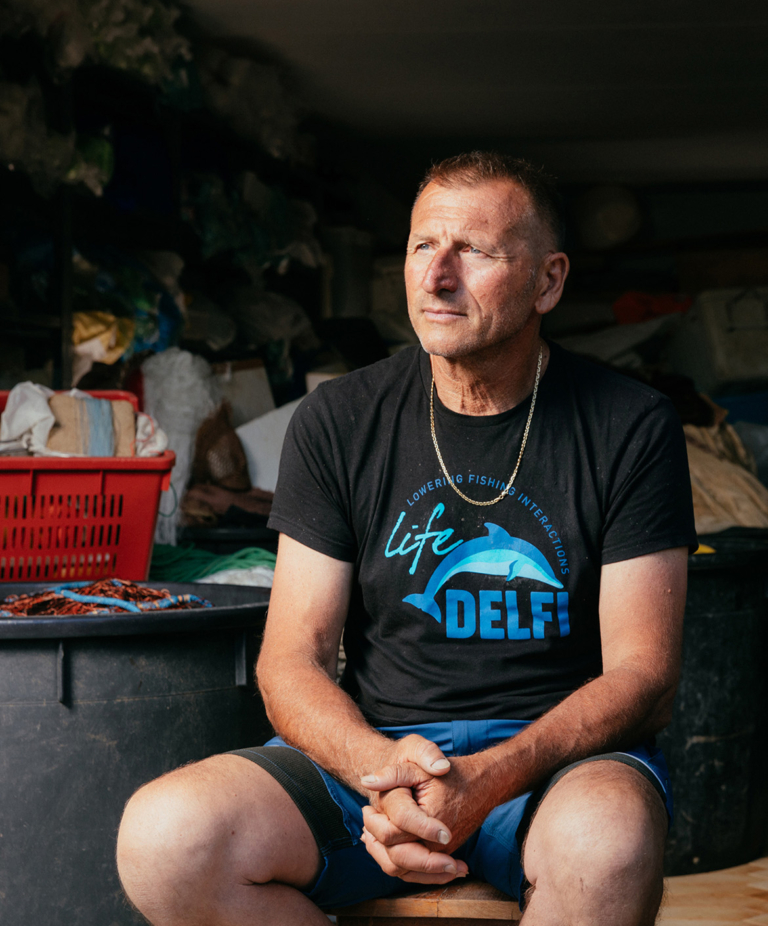
Patagonia and Pop-Up Magazine Productions present a series about knowledge.

Patagonia and Pop-Up Magazine Productions present a series about knowledge.
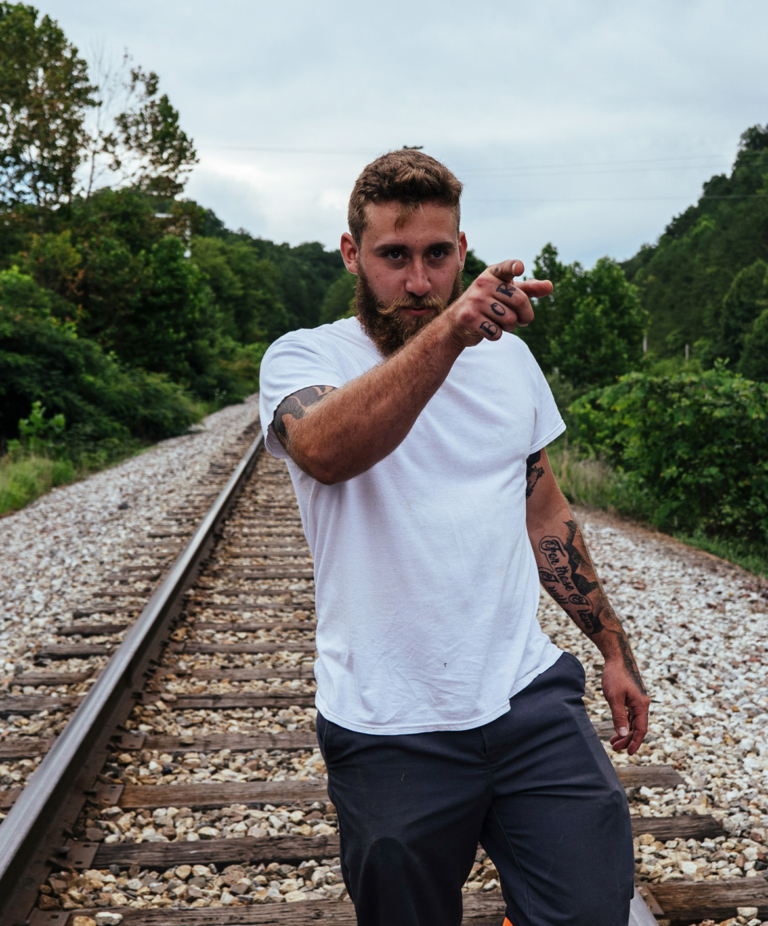
Patagonia and Pop-Up Magazine Productions present a series about knowledge.
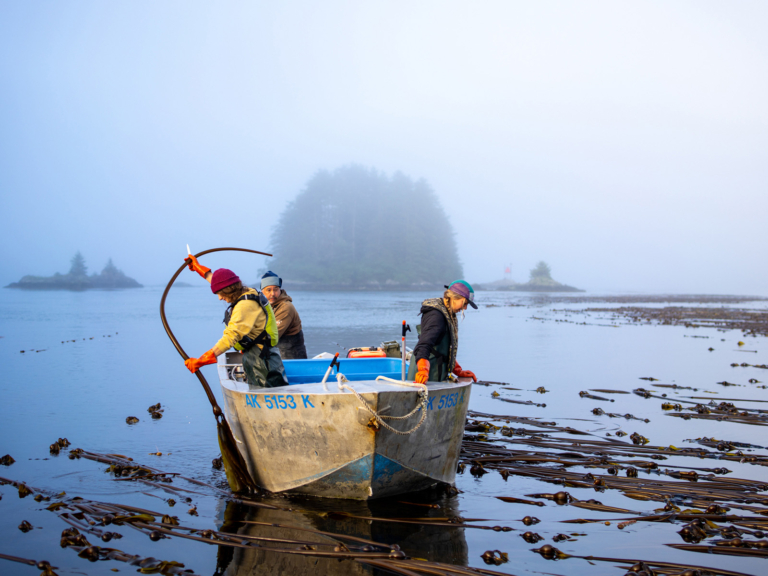
In Southeast Alaska, tribal leaders and local entrepreneurs are helping shape a kelp industry that prioritizes Indigenous values, regenerative practices and a commitment to Alaska Native shareholders.
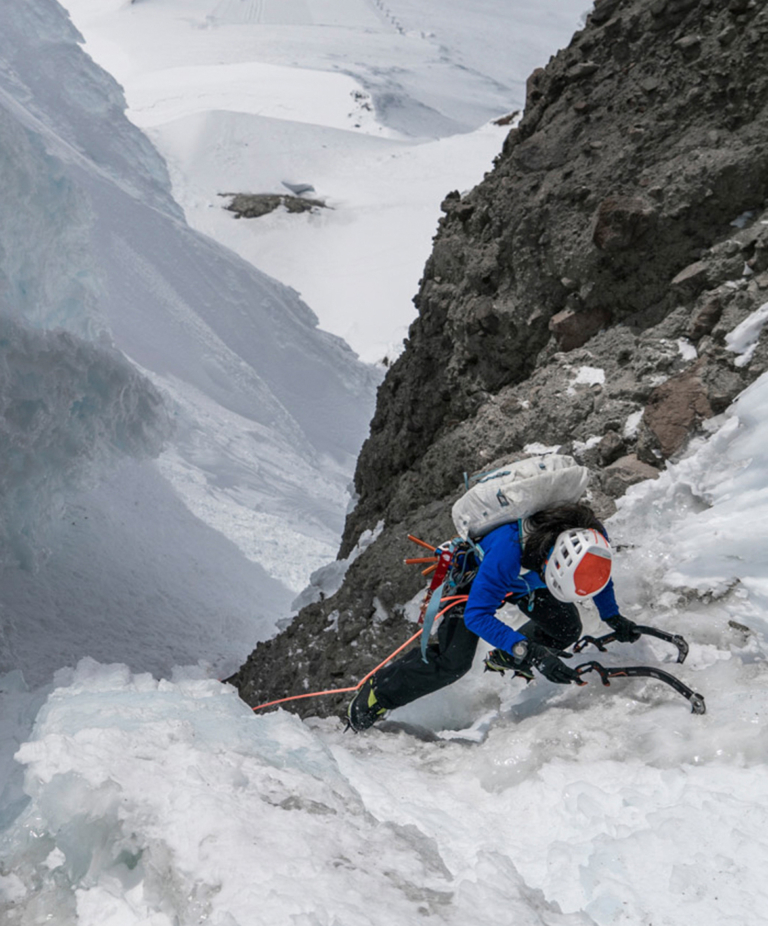
Patagonia and Pop-Up Magazine Productions present a series about knowledge.
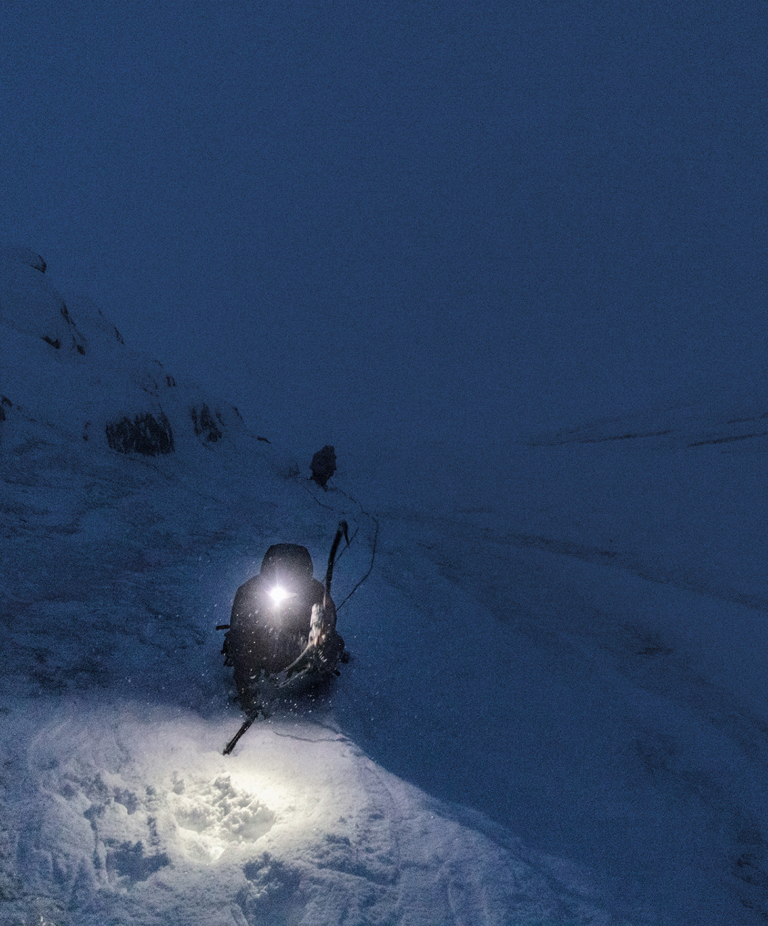
Molly Kawahata on climate, climbing and the fight for systemic change.
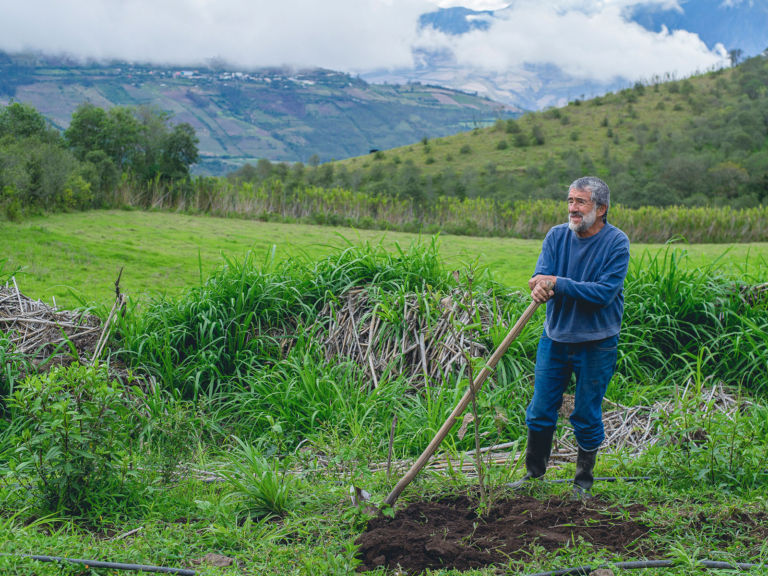
Francisco “Pacho” Gangotena and his wife opted to challenge the way farming was done in their region and are instead going back to the roots of ancient agriculture.
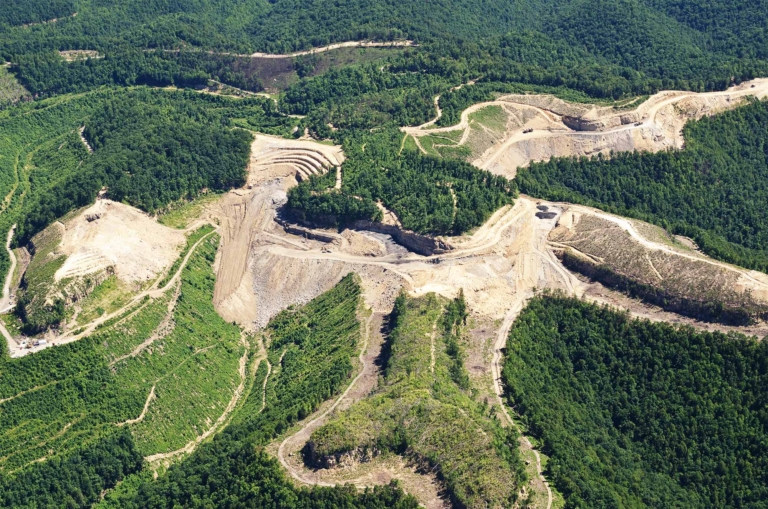
The supreme court’s least-bad, bad ruling on climate, and some options President Biden still has.
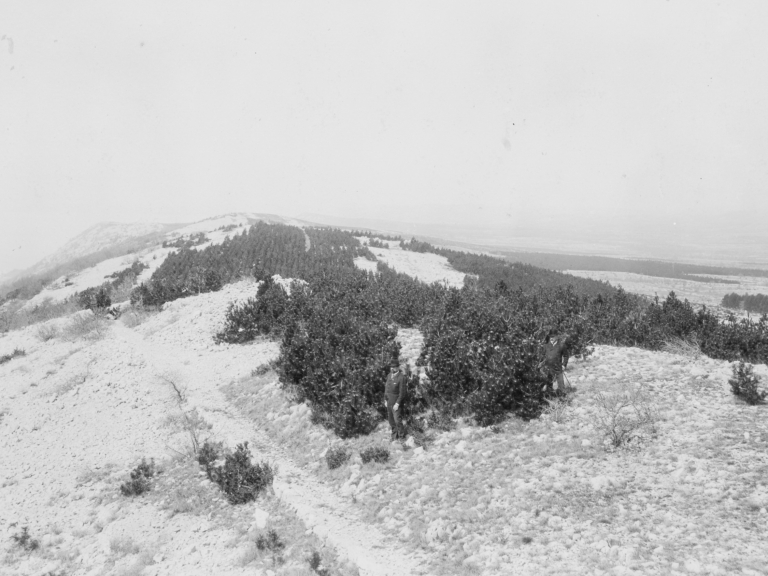
Reforesting in the heart of Europe.
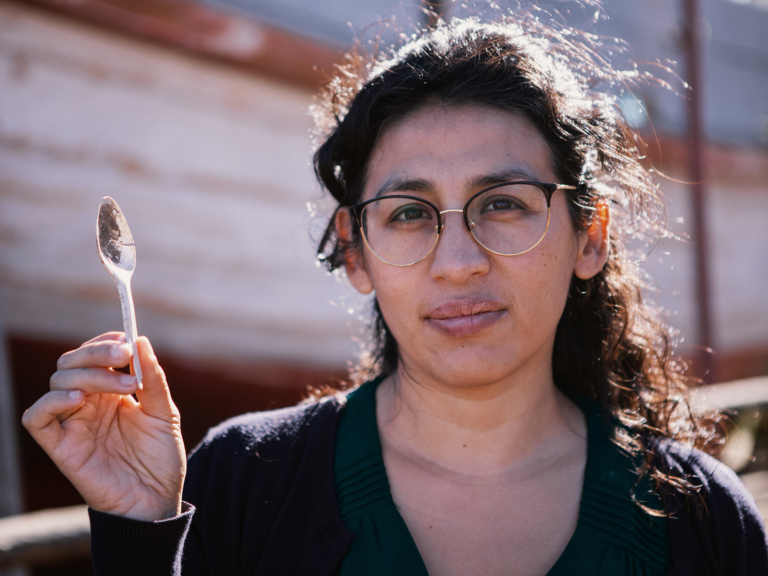
A former city kid finds answers and empowerment in nature.
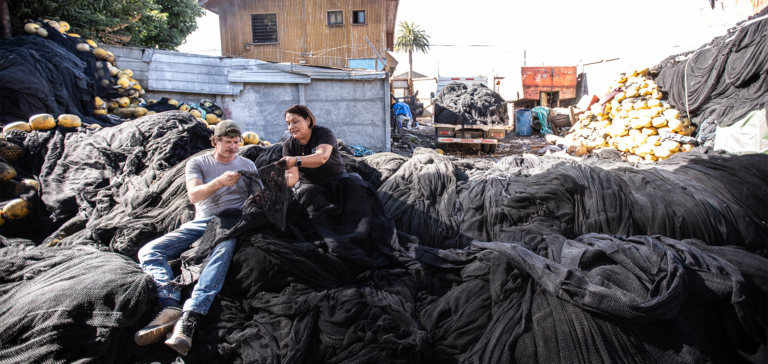
The South Pacific has a plastic problem. He had a truck.
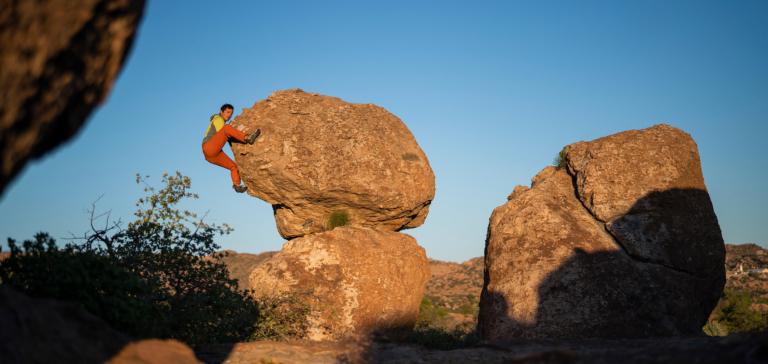
As we make a transition to renewable sources of energy, let’s not renew the same old mistakes.
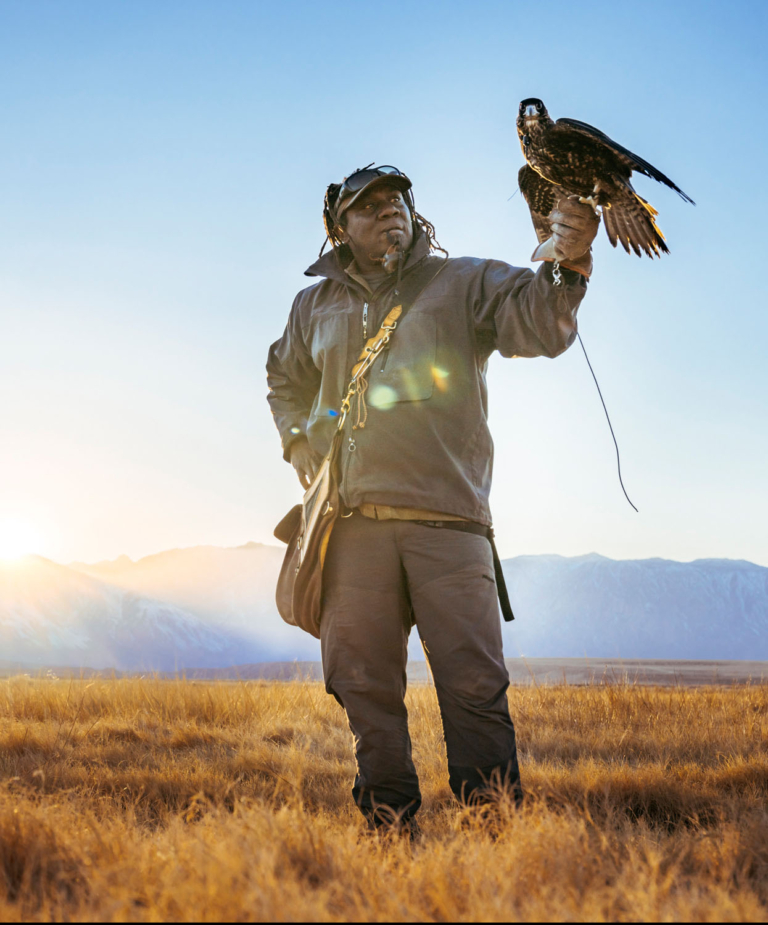
Shawn Hayes leads a life of devotion. For him, falconry is more than a deep partnership with raptors: it’s his life’s work.
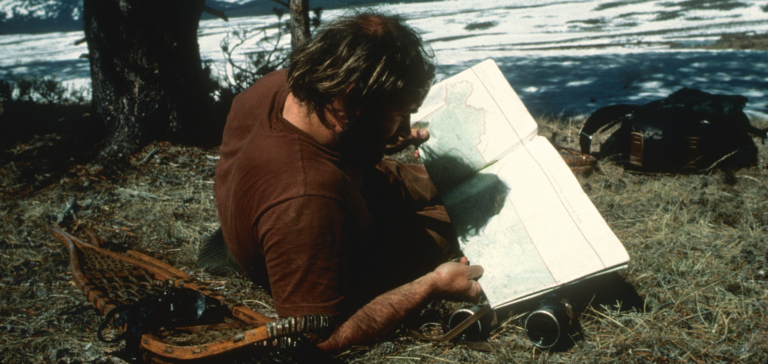
Was It Worth It? captures the essence of a life committed to the wild and challenges readers to make certain that their answer to this universal question is yes.
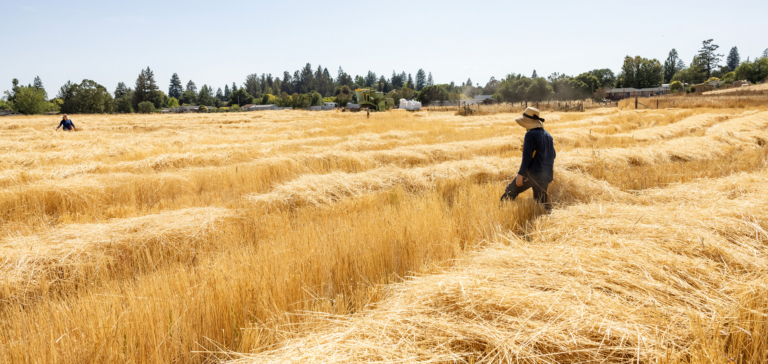
First-generation Vietnamese American Mai Nguyen follows in the footsteps of their agrarian ancestors with a farm that grows numerous types of grains with a no-till, anti-fertilizer regenerative approach.
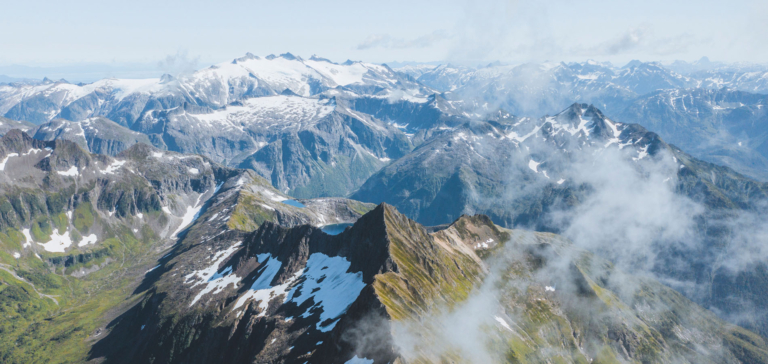
A crossing of Alaska’s Baranof Island.
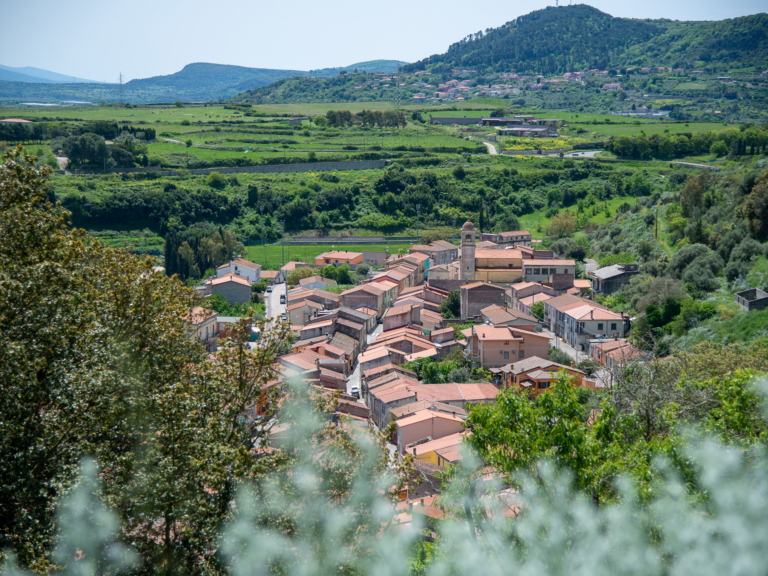
An Italian town began emptying out, so its inhabitants turned to renewable energy to save it.
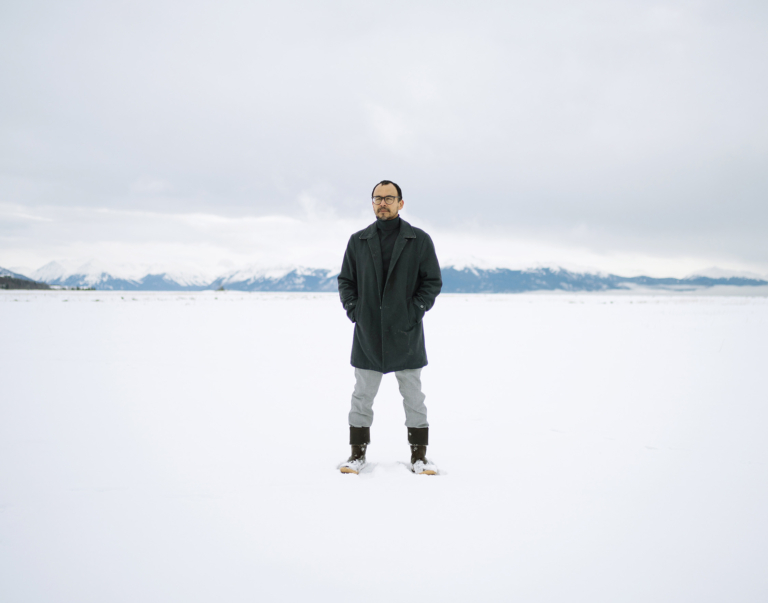
A Yup’ik philosopher on culture, awareness and identity.
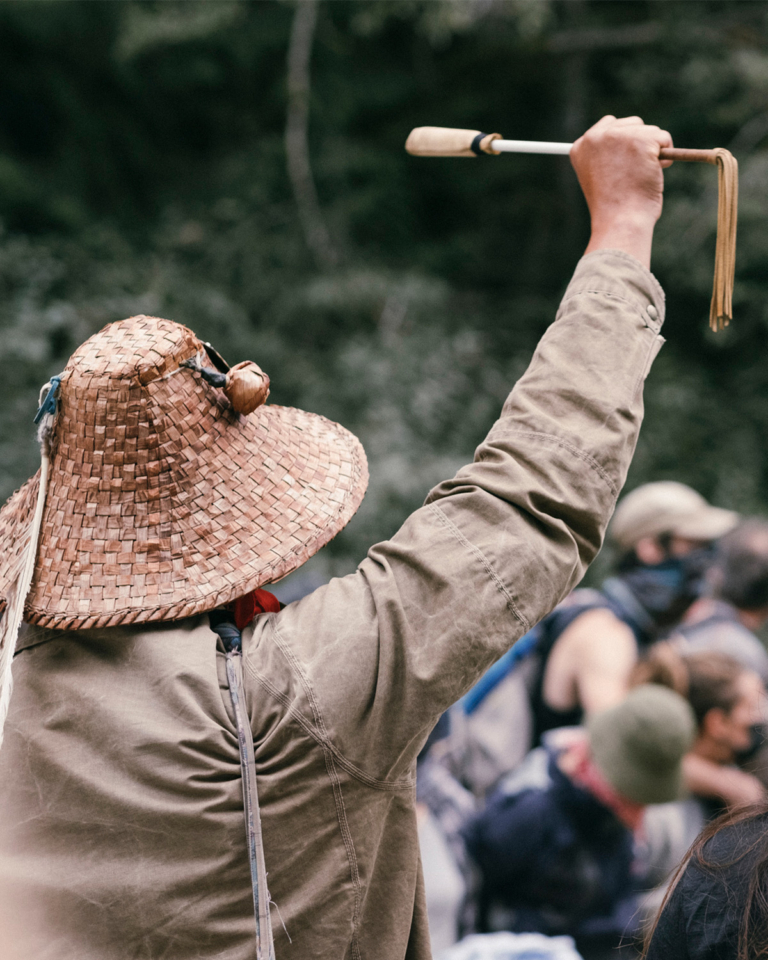
Why a logging protest has become Canada’s largest act of civil disobedience.
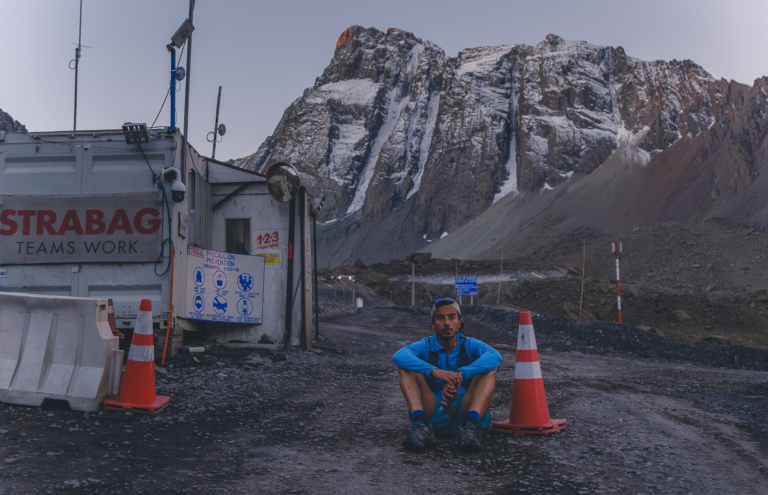
The communities of Cajón del Maipo, in Chile, are seeing their environment be threatened by an unnecessary hydroelectric project.
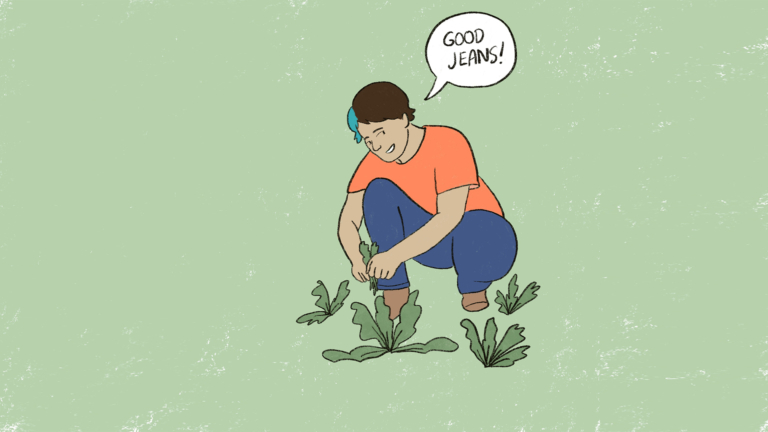
What’s the secret to a really good pair of jeans? Comics journalist Sarah Mirk tells us what to look for and how to keep them in play longer.
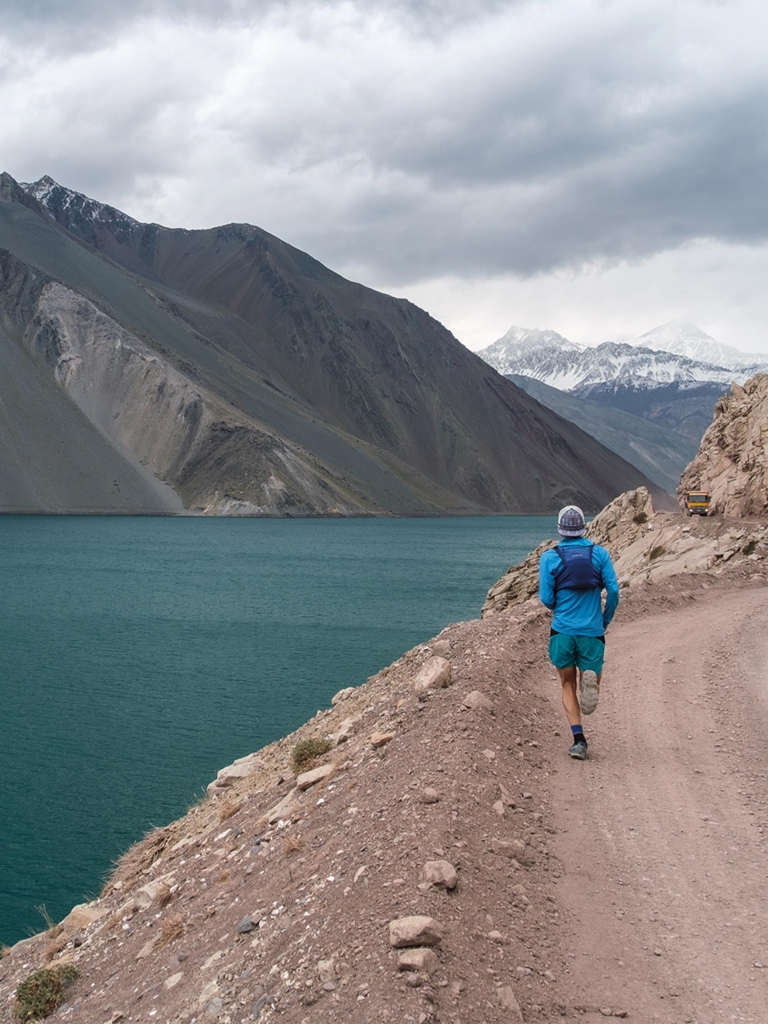
Trail runner and activist Felipe Cancino takes us on a 120 km run through the Maipo River Valley—revealing along the way the impacts of the Alto Maipo hydropower project on the local ecosystem, its communities and traditions; and the threat it poses to the water supply of Santiago’s 7.1 million residents.
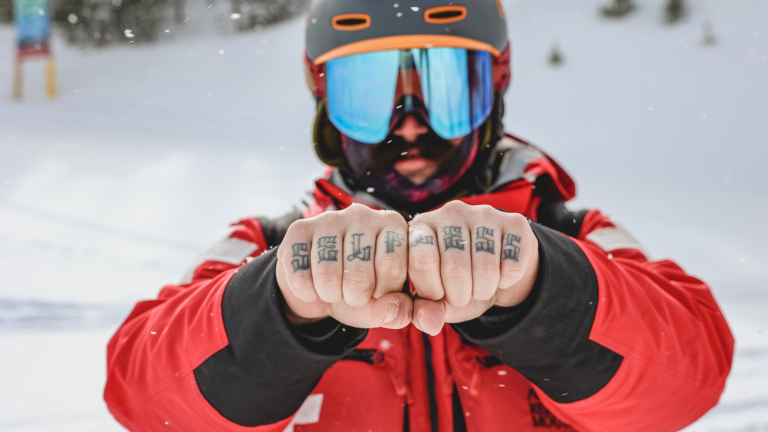
A firekeeper caring for Indigenous land.
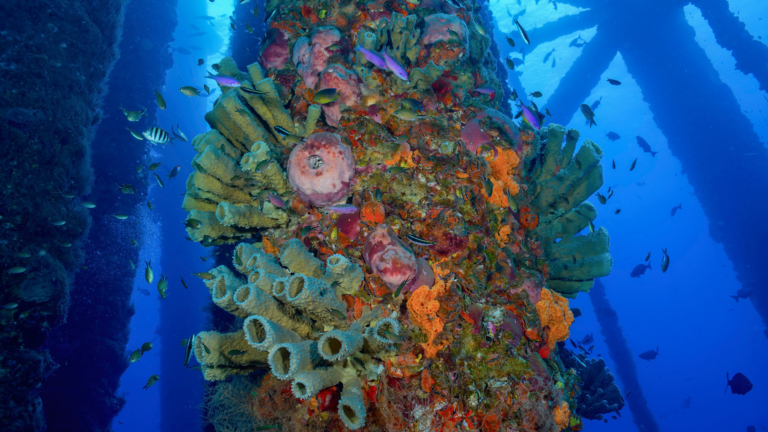
This marine sanctuary in the Gulf of Mexico is one of many biodiversity hotspots in the US that need more federal protection.
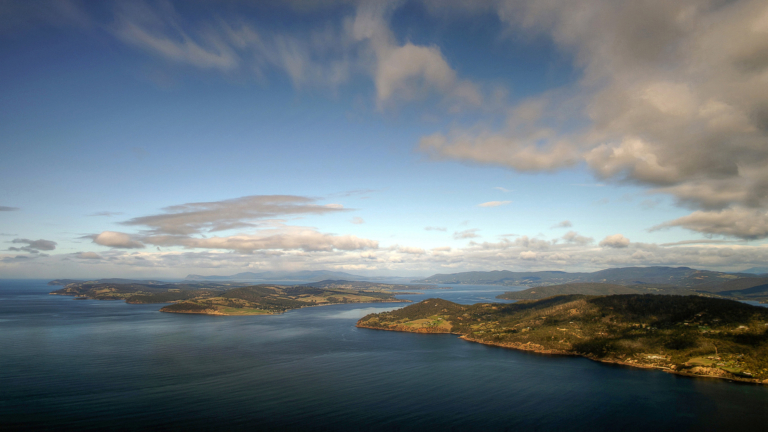
An excerpt from Toxic: The Rotting Underbelly of the Tasmanian Salmon Industry.
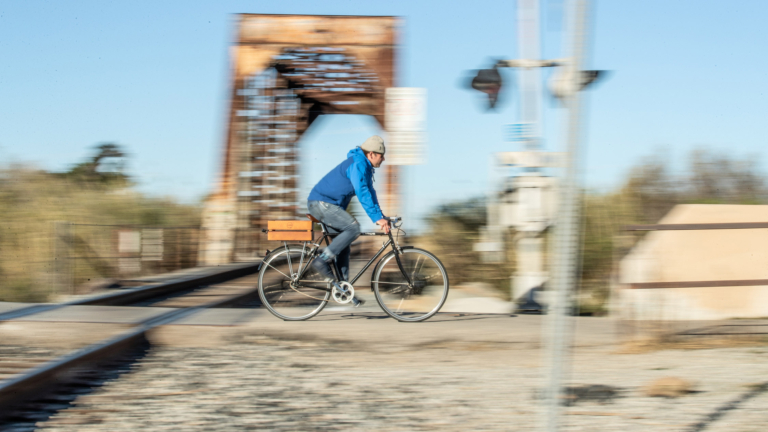
When it comes to making more responsible jeans, our work is never done. And, of course, we leave the really dirty work to you.
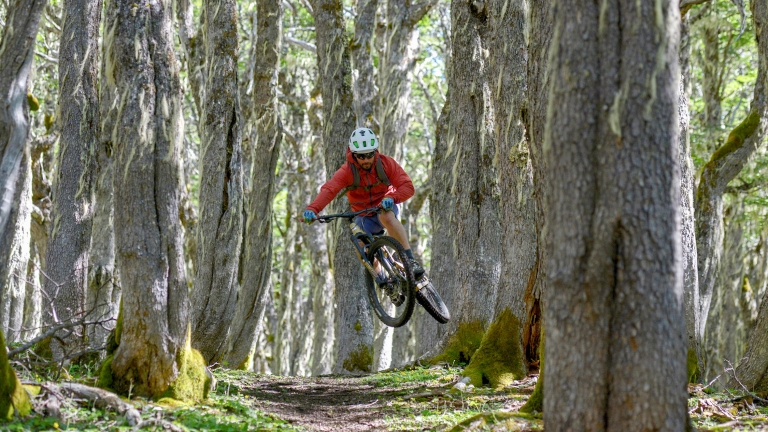
An interview with Gabo Benoit, trail advocate and mountain-bike mayor of Coyhaique, Chile.
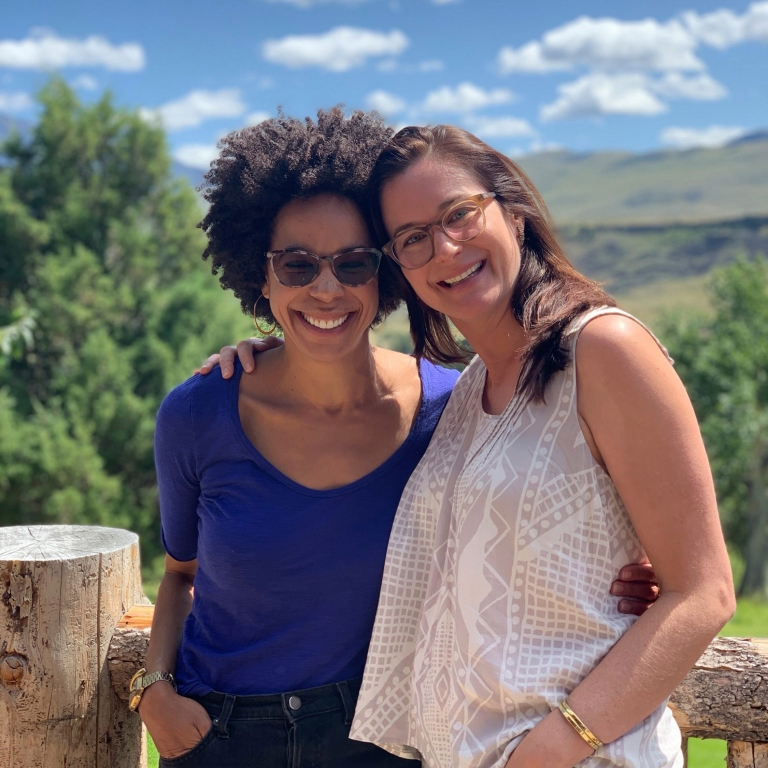
There’s so much. An interview with the co-editors of All We Can Save.
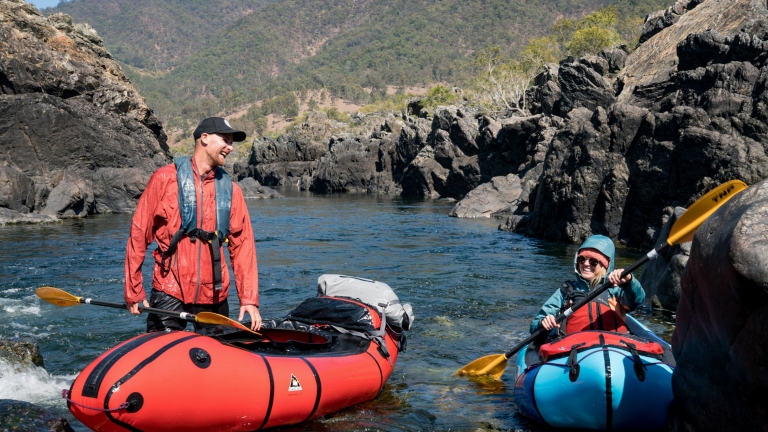
Childhood friends, Hayley Talbot and Dan Ross, are determined to save a mighty river.
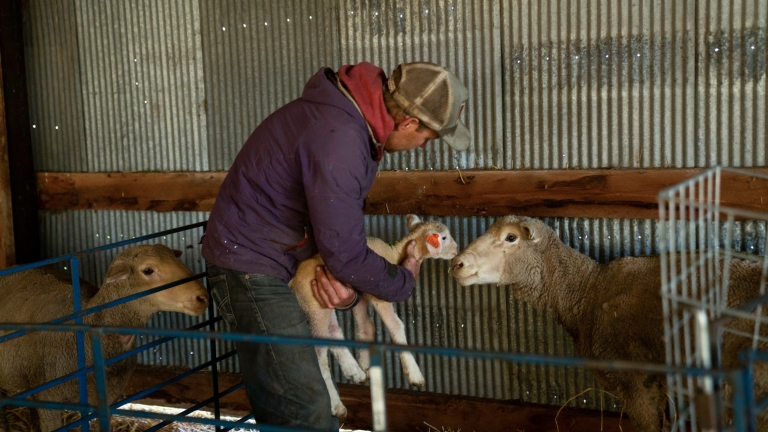
Not totally relating to some forms of climate activism, Josh Wharton found his own way to contribute.

Tough and uncertain, organic cotton farming accounts for less than 1 percent of US cotton production. For this family, that’s why it’s a calling.
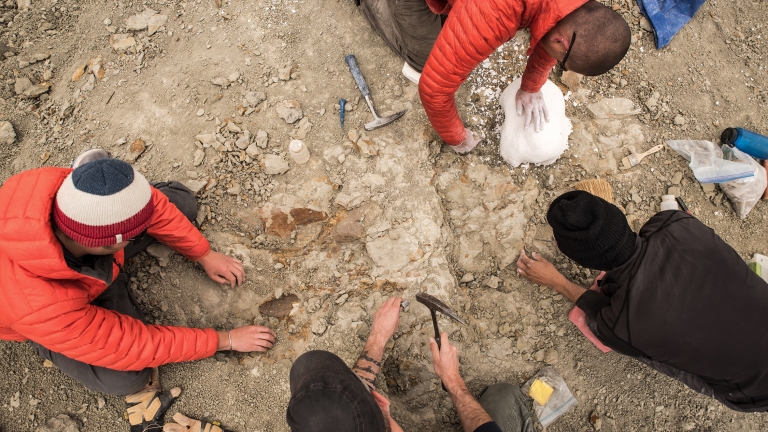
We’re entering Earth’s sixth mass extinction, but clues about this climate crisis could be right under our feet.
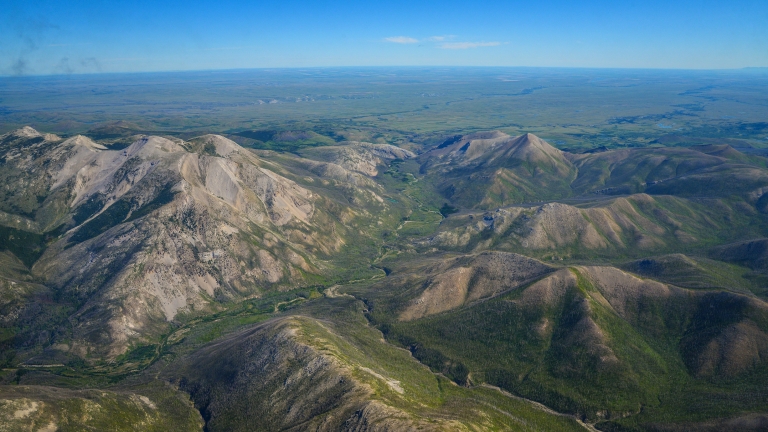
John Murray’s lifelong work to permanently protect the Badger-Two Medicine from oil and gas drilling.
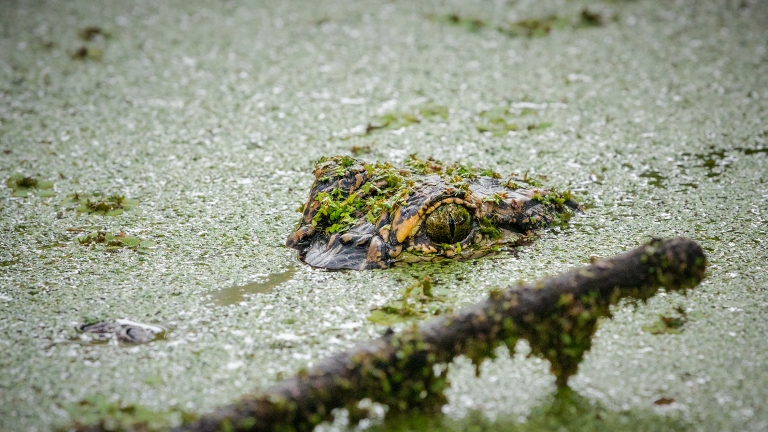
An unlikely community, in the most unlikely location, has become an even more unlikely force for public lands conservation.
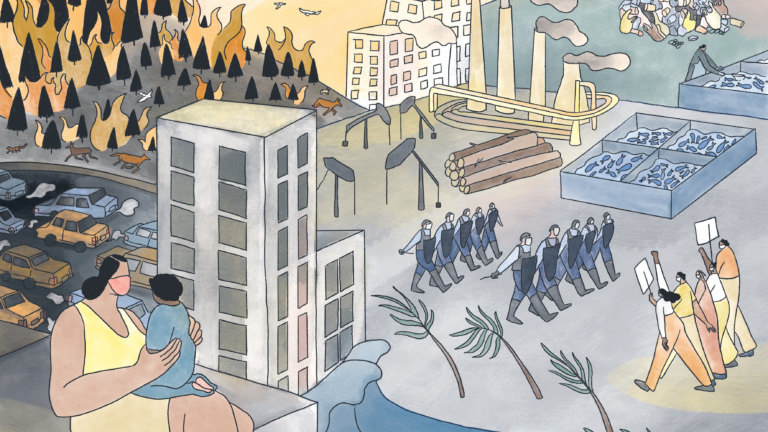
The next nine years will be a time of resilience, rebuilding and reinvention.
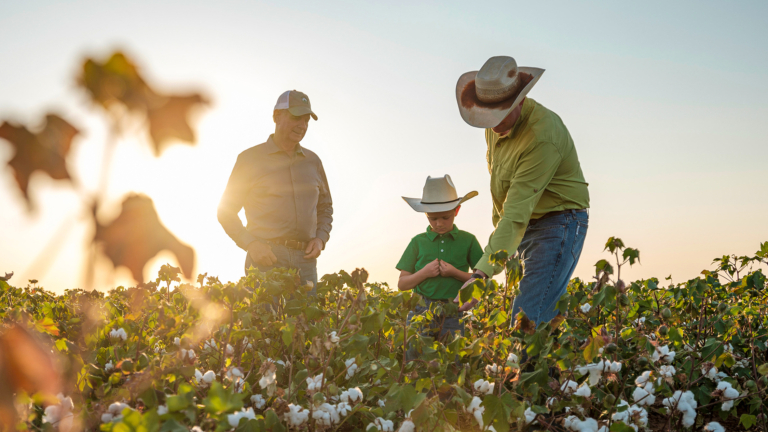
The story of our switch to organic cotton starts with a bout of headaches and a trip to the lunar landscape of the San Joaquin Valley’s conventional cotton fields.
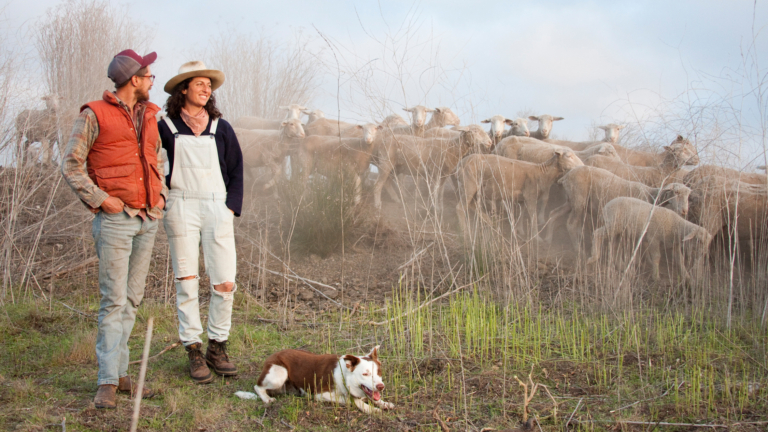
Sheep (and their poop) could help California’s climate-driven wildfires. One couple is ushering in this idea with a small flock and some supportive fire departments.
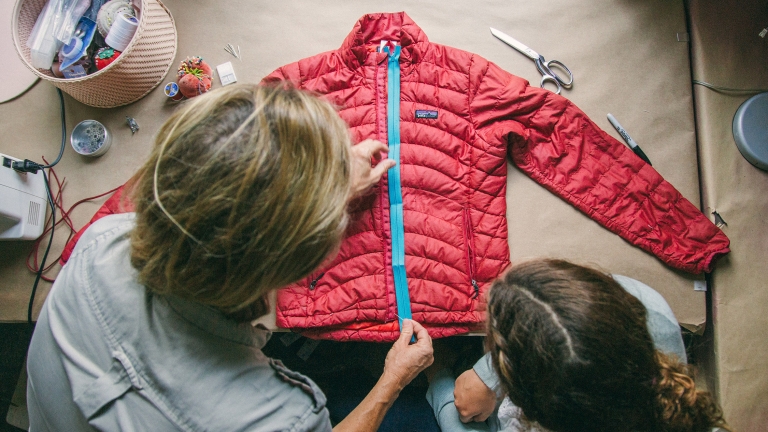
Patagonia’s journey toward zero waste and reduced carbon emissions, failed experiments included.
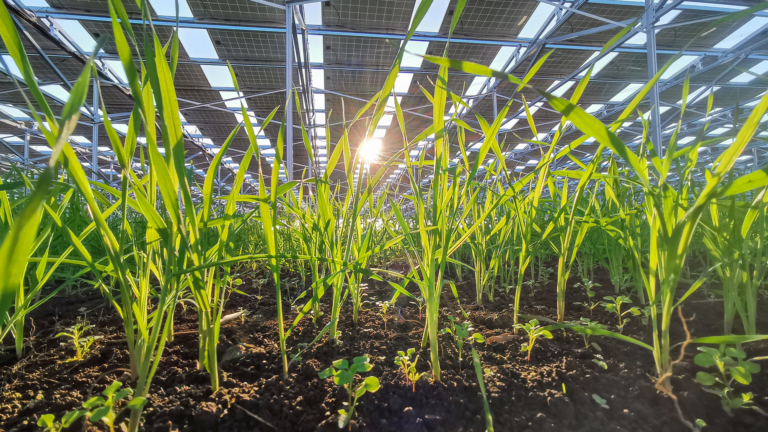
Ten years after the Fukushima nuclear disaster, Japanese communities are turning toward citizen-led renewable power.
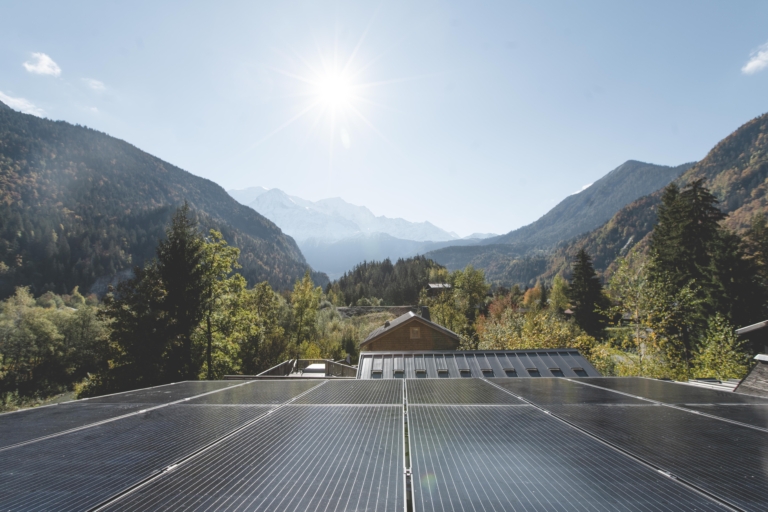
The ups and downs of transitioning power to the people in the Chamonix Valley.
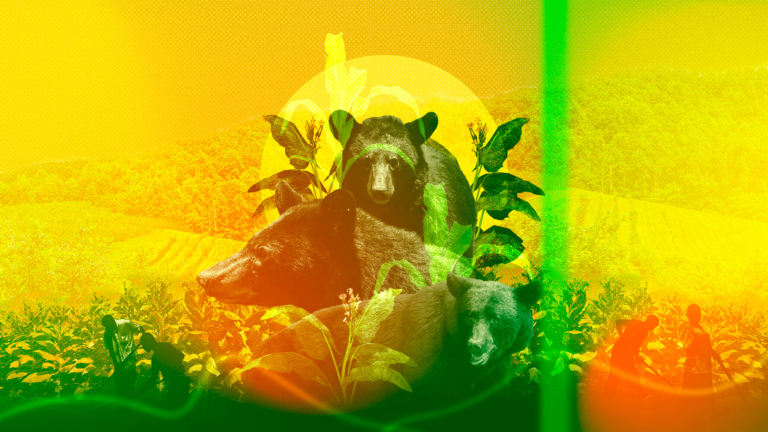
A wildlife biologist uncovers an unexpected, intersectional legacy of slavery.
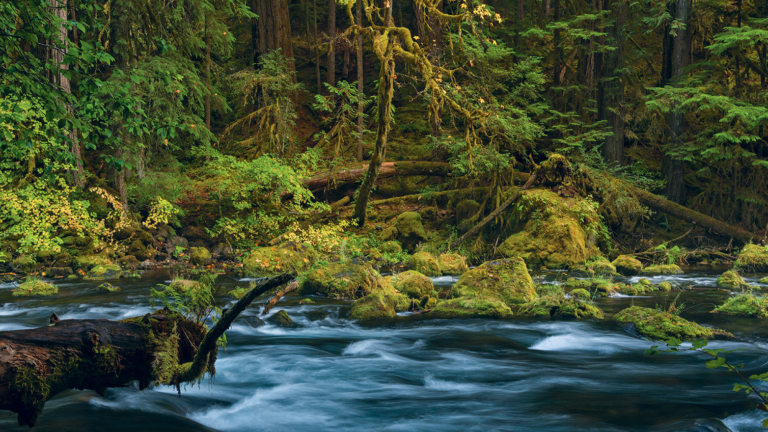
In one of the last interviews he gave before he passed away, the writer and conservationist shares his reflections on the past, and the work still to do.
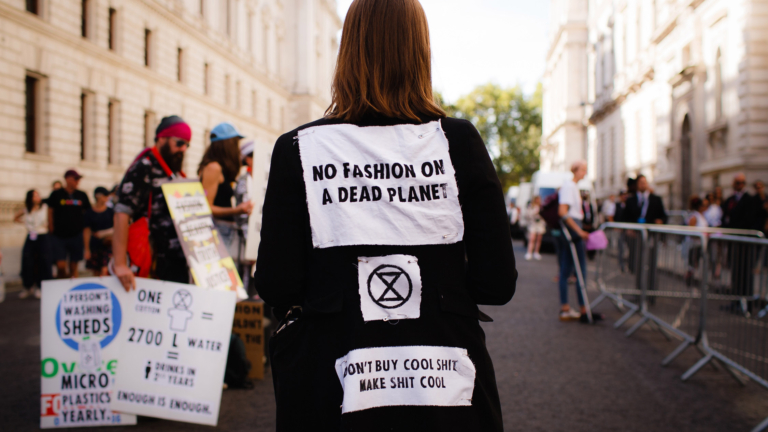
Climate and social justice activists are pushing the clothing industry to take better care of people and the planet.
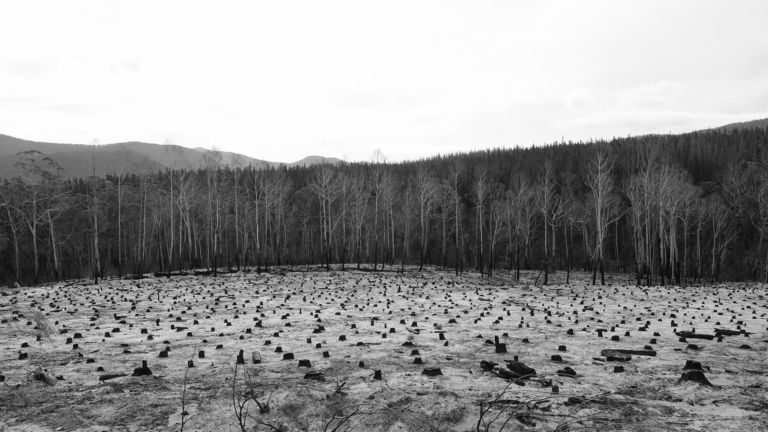
Photographer Paolo Pellegrin captured the aftermath of the wildfires that burned through Australia in 2019.
